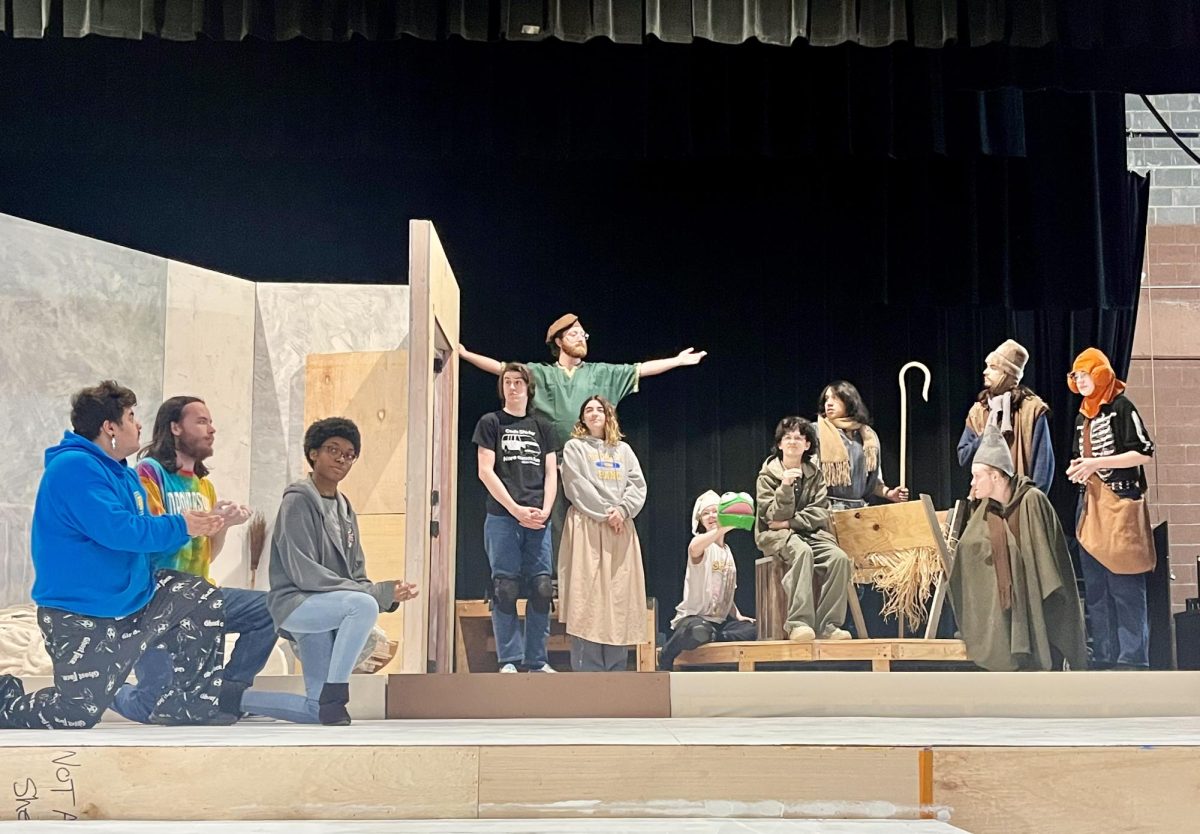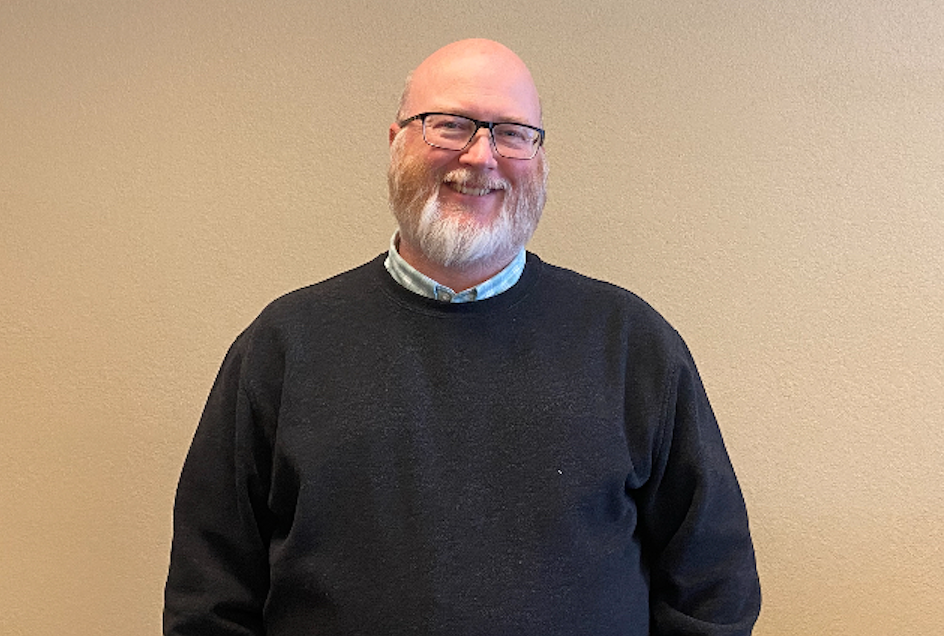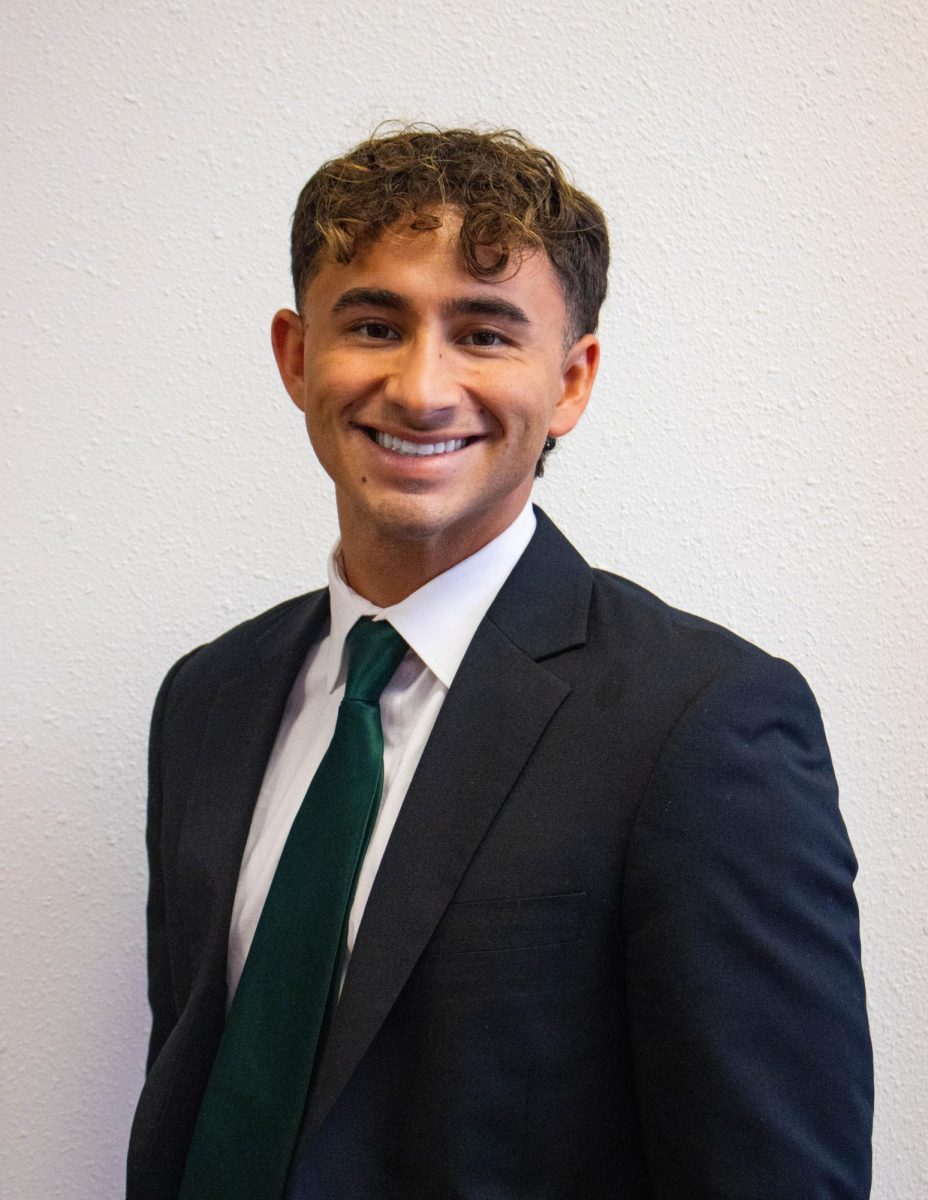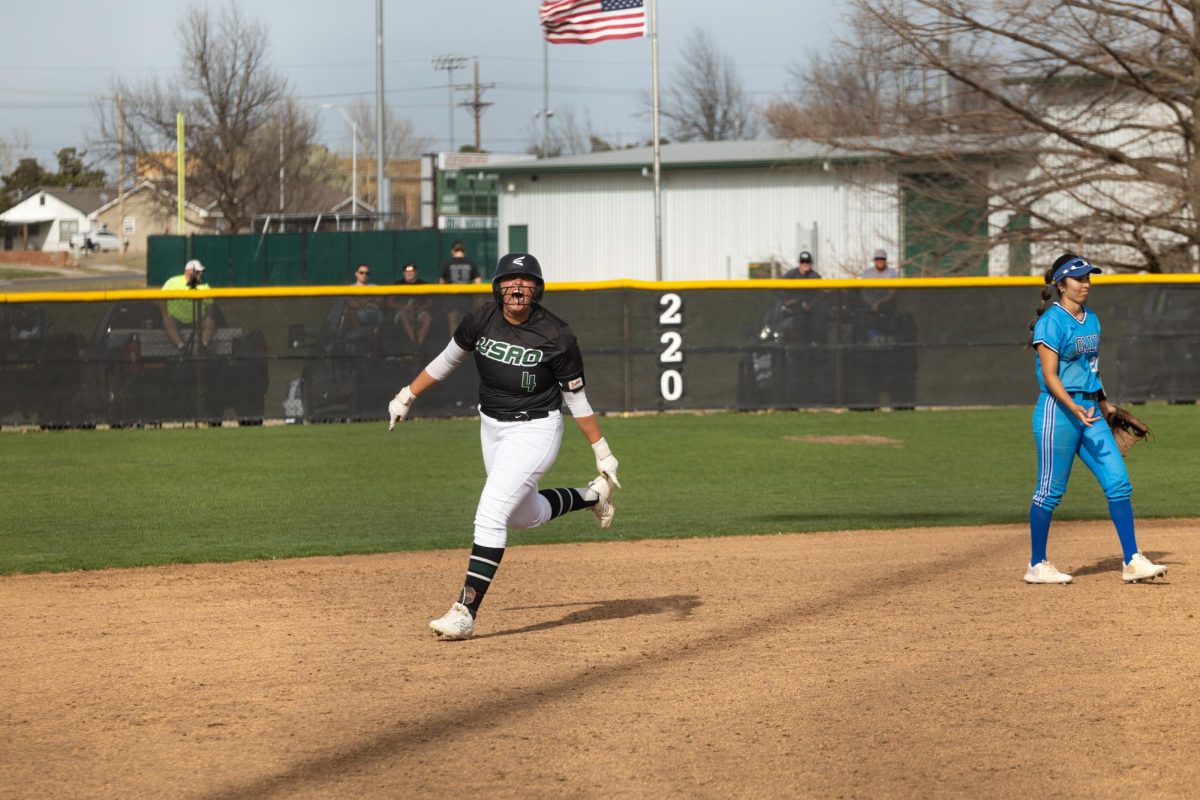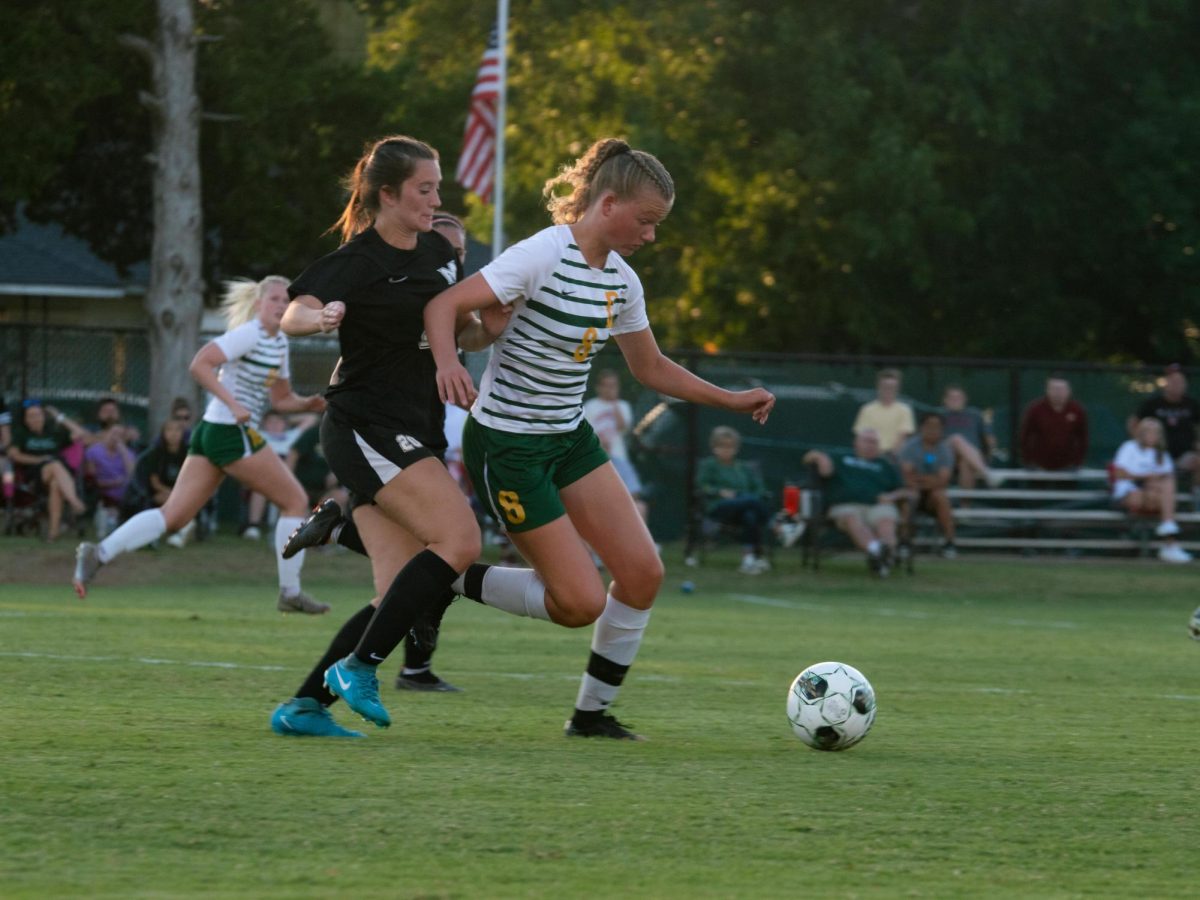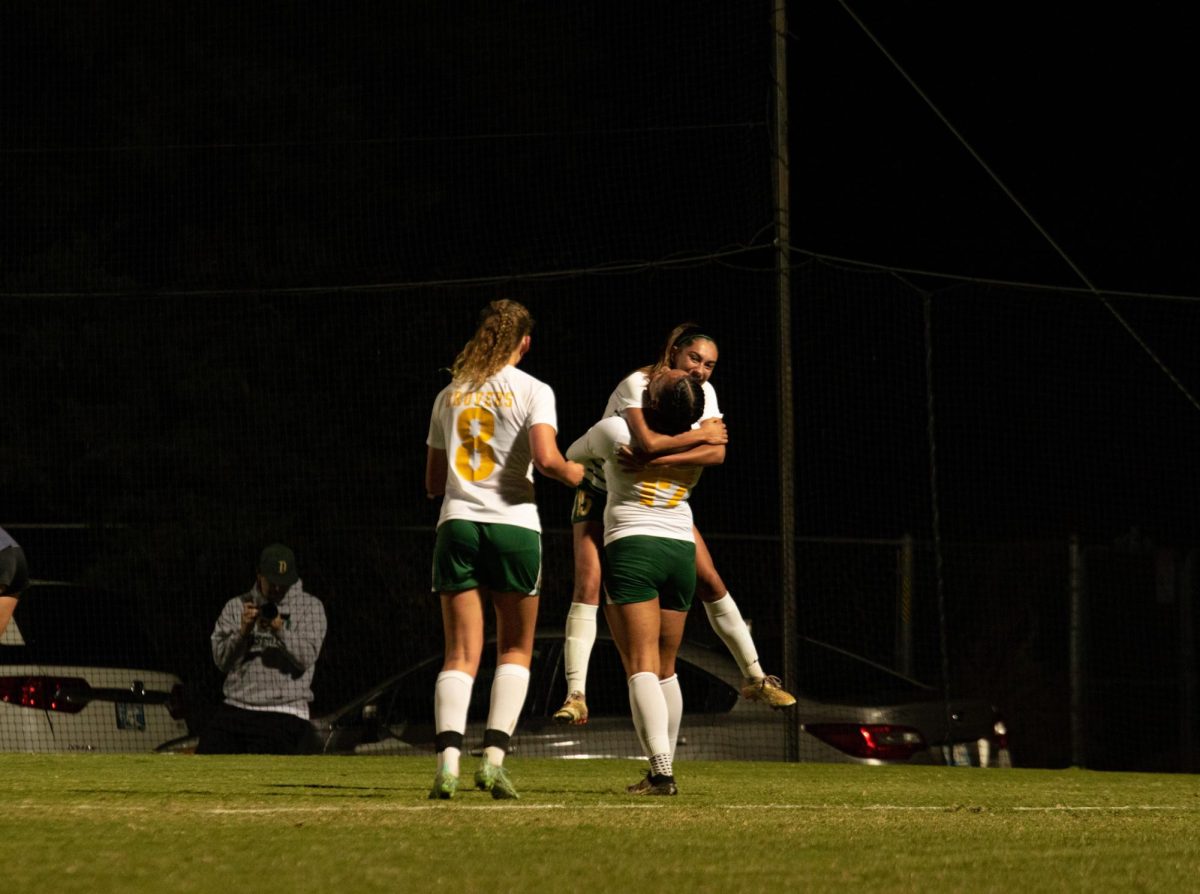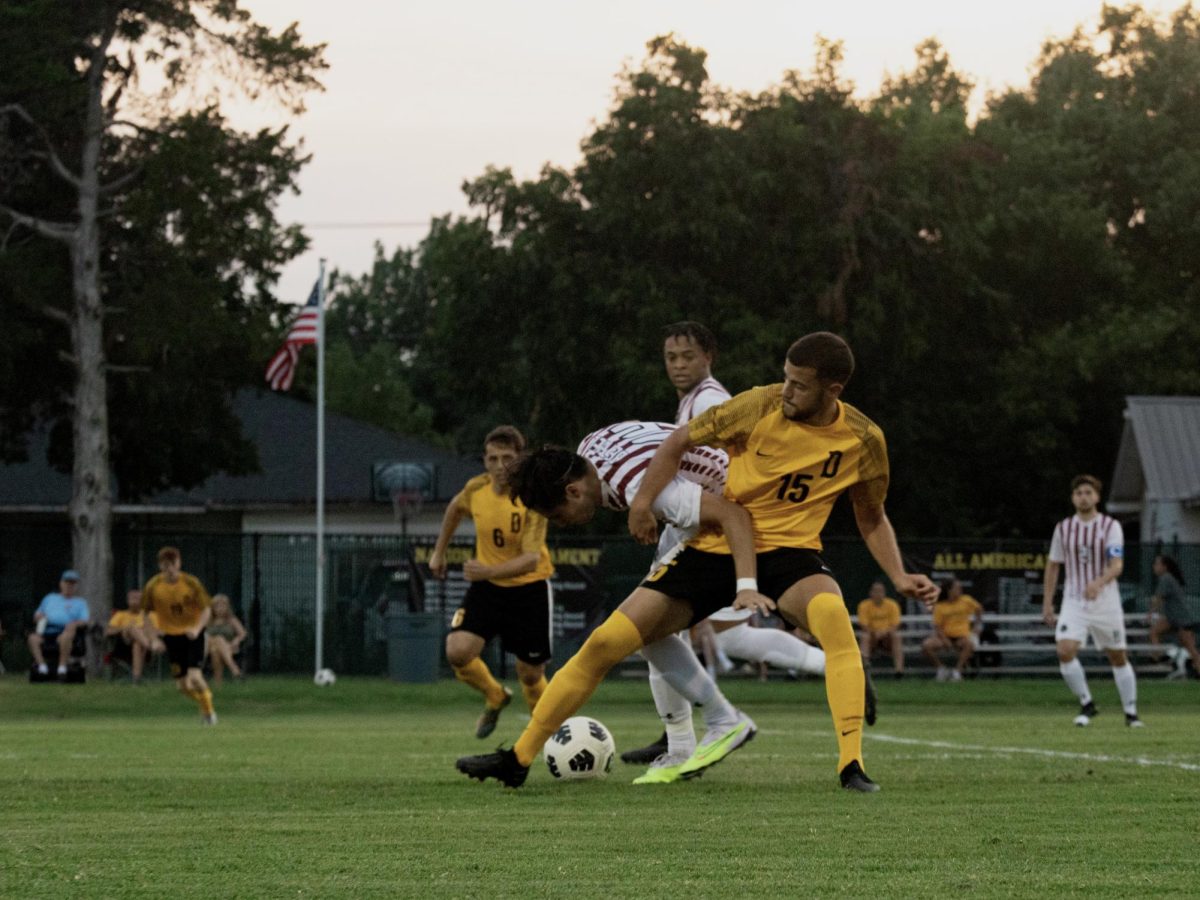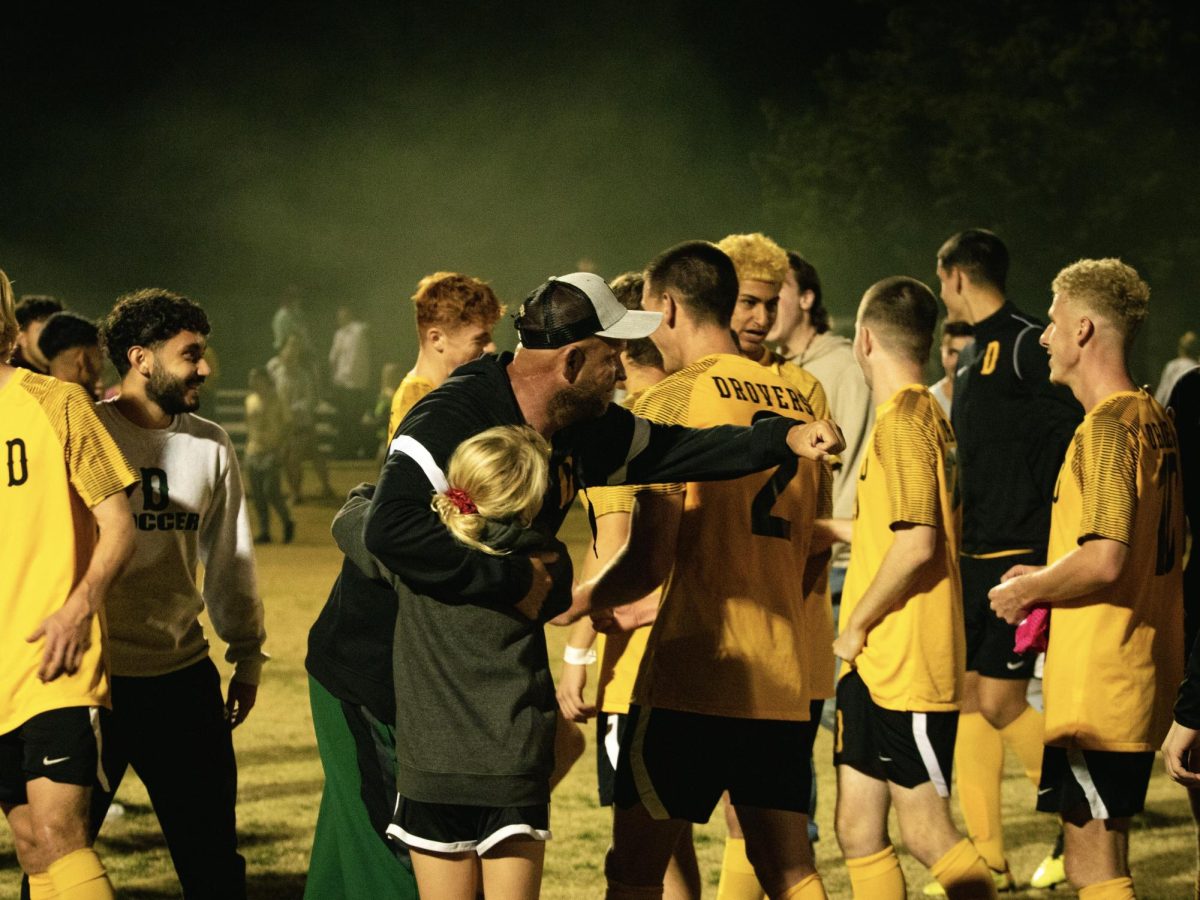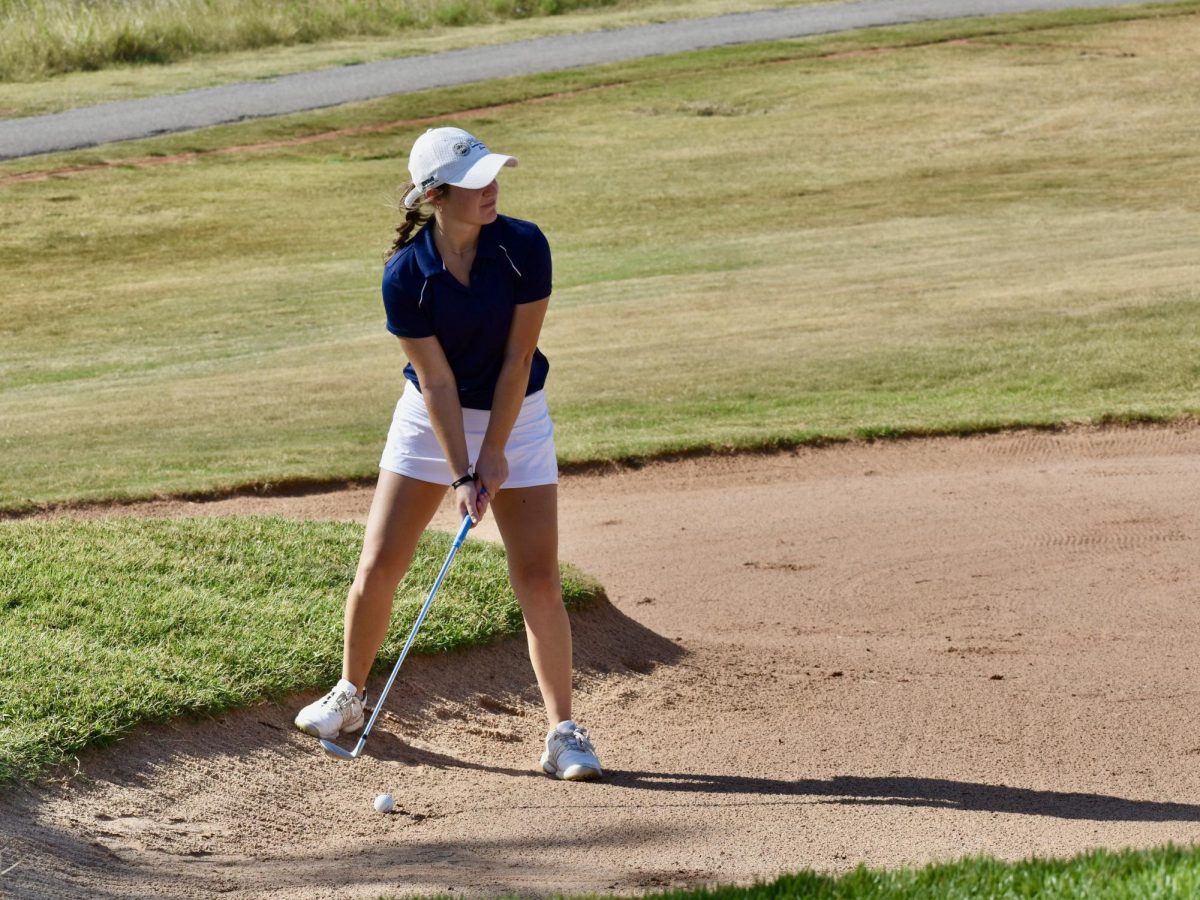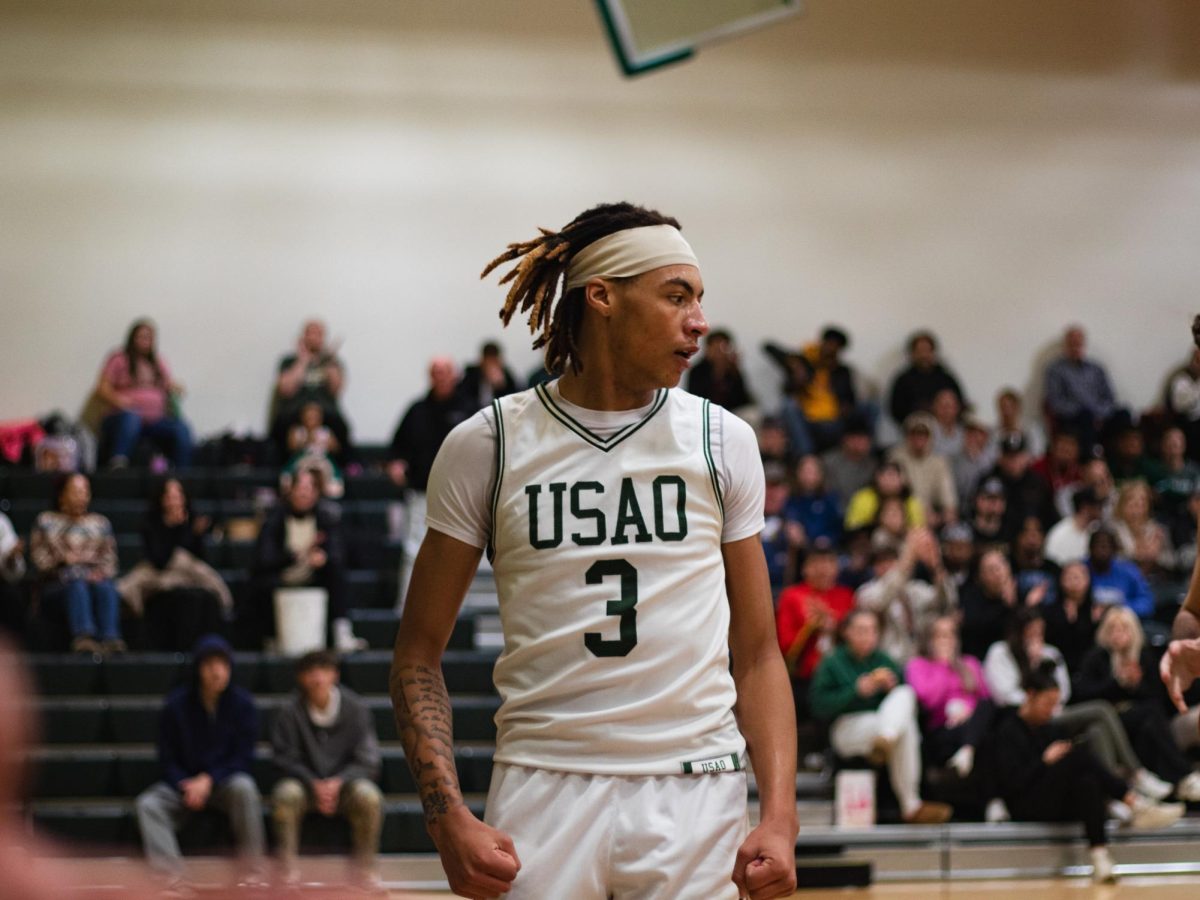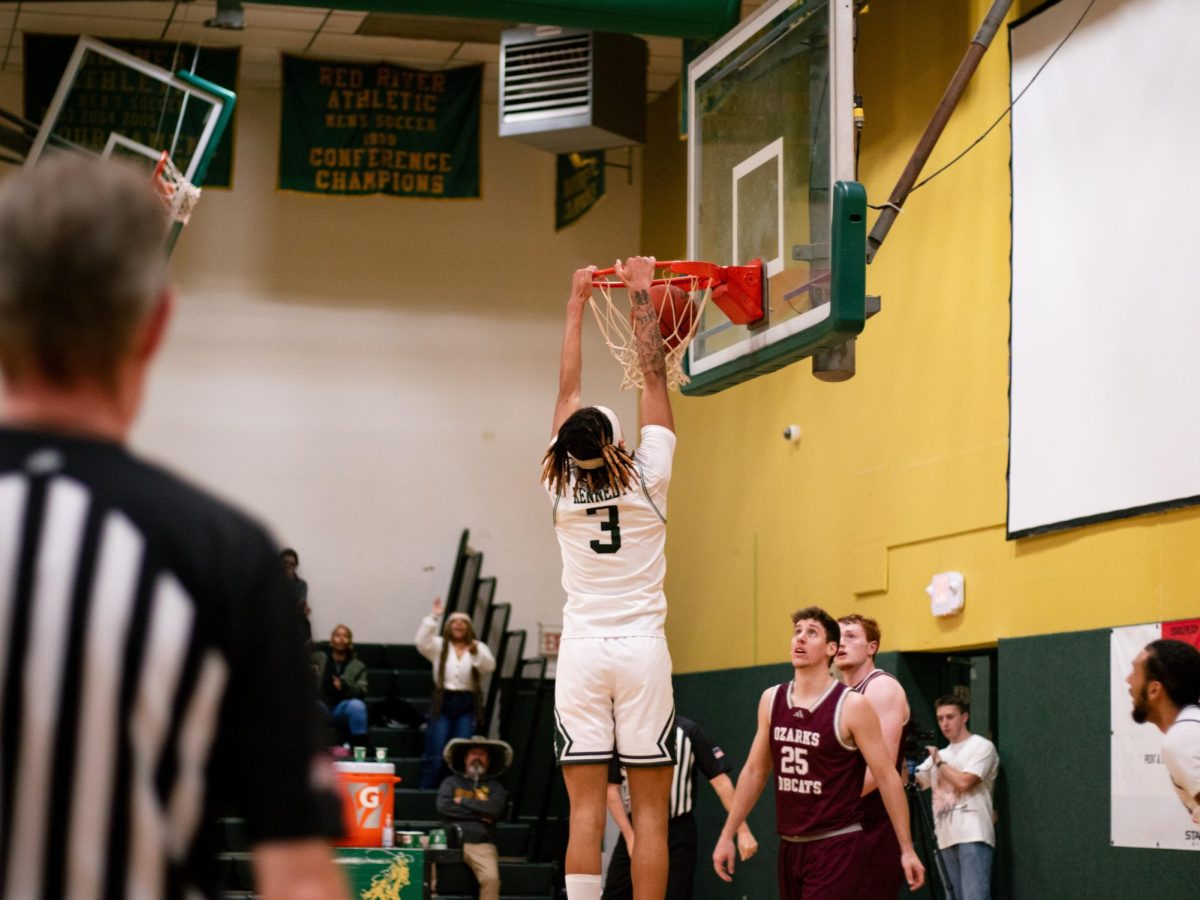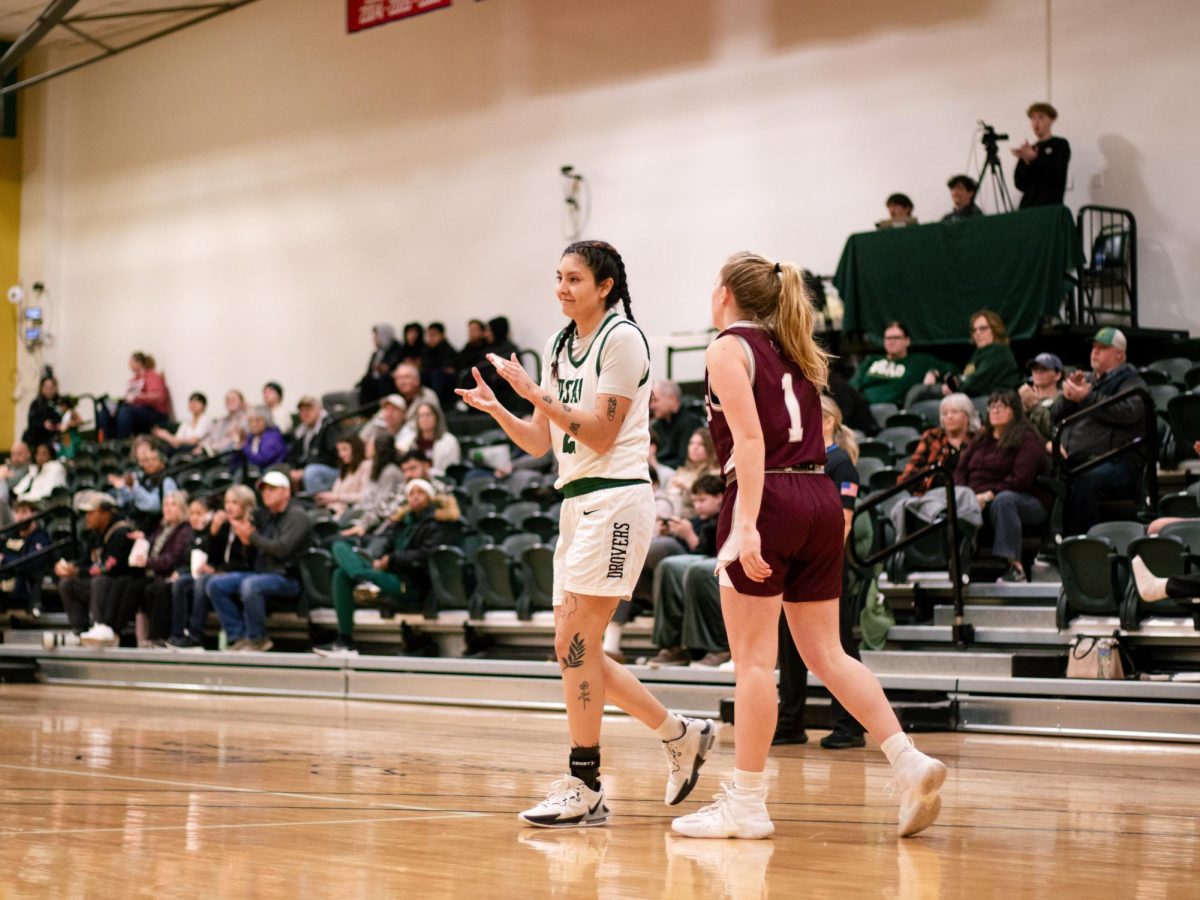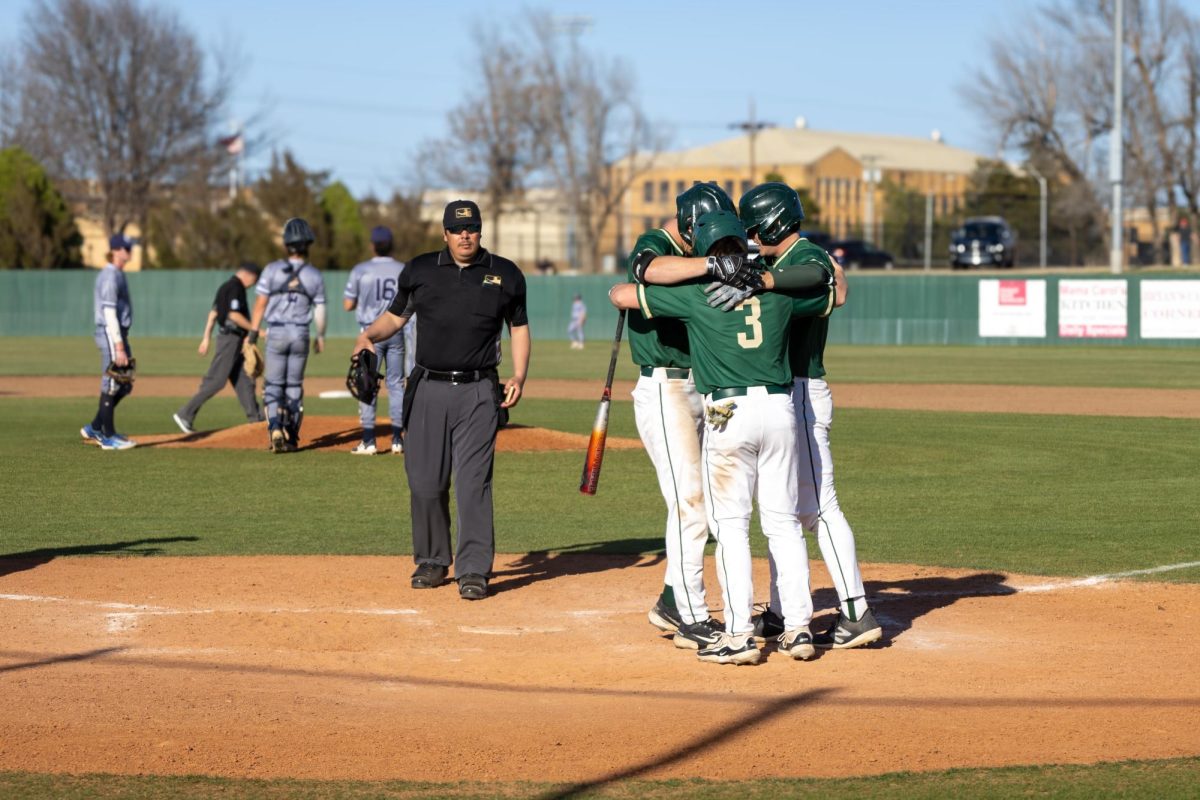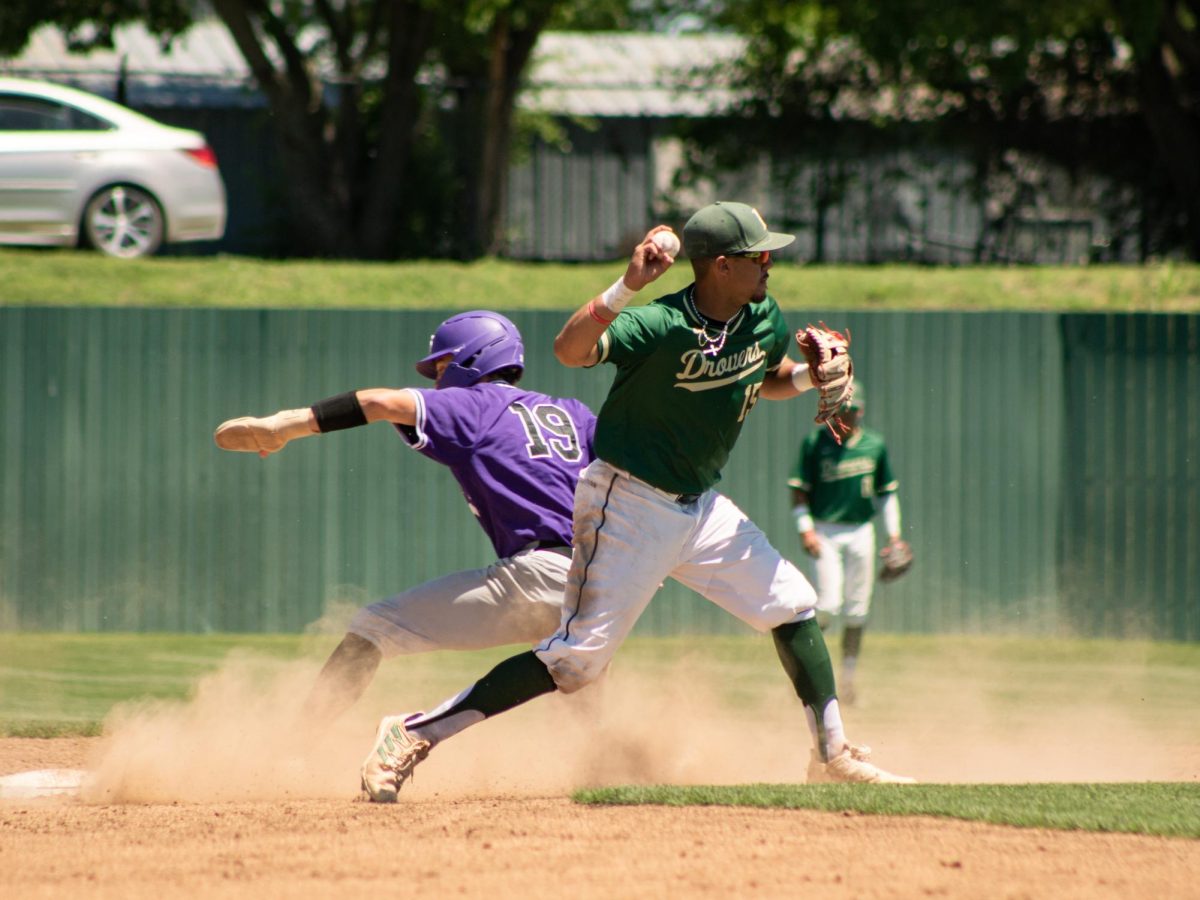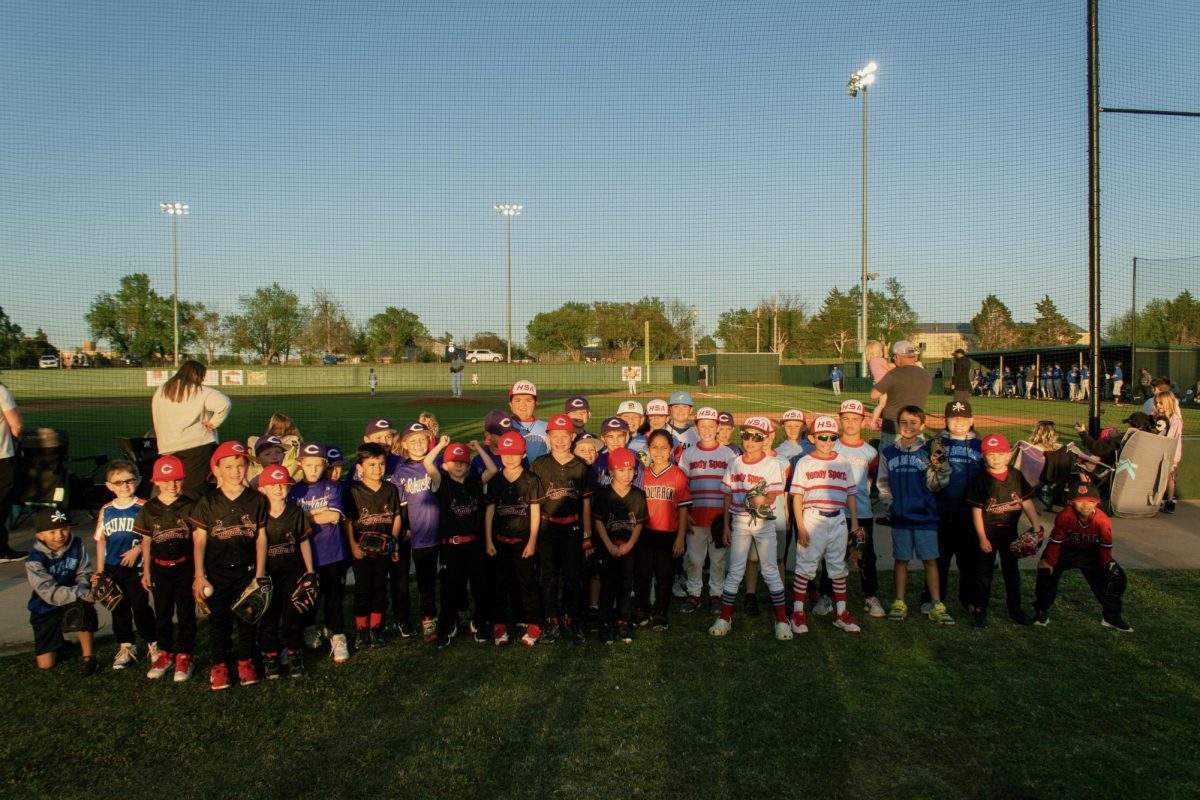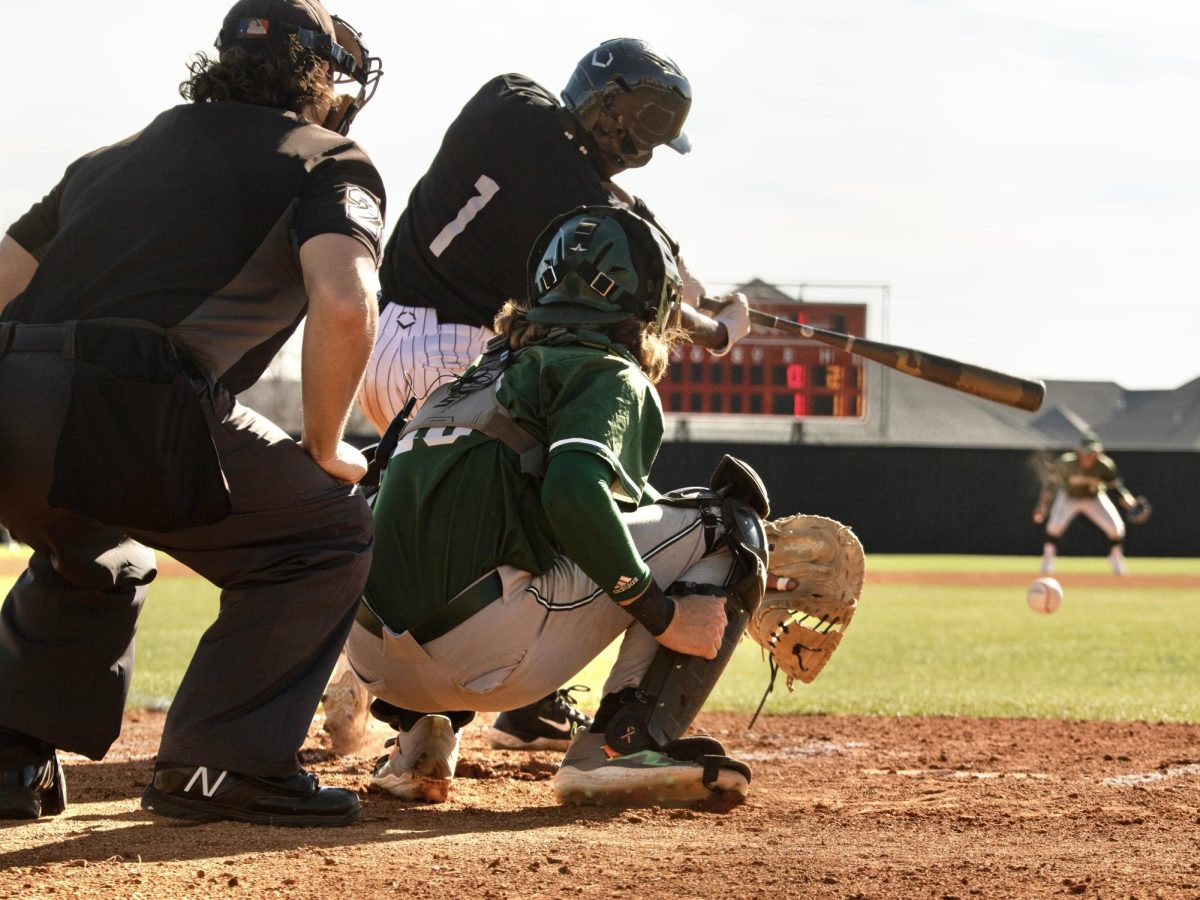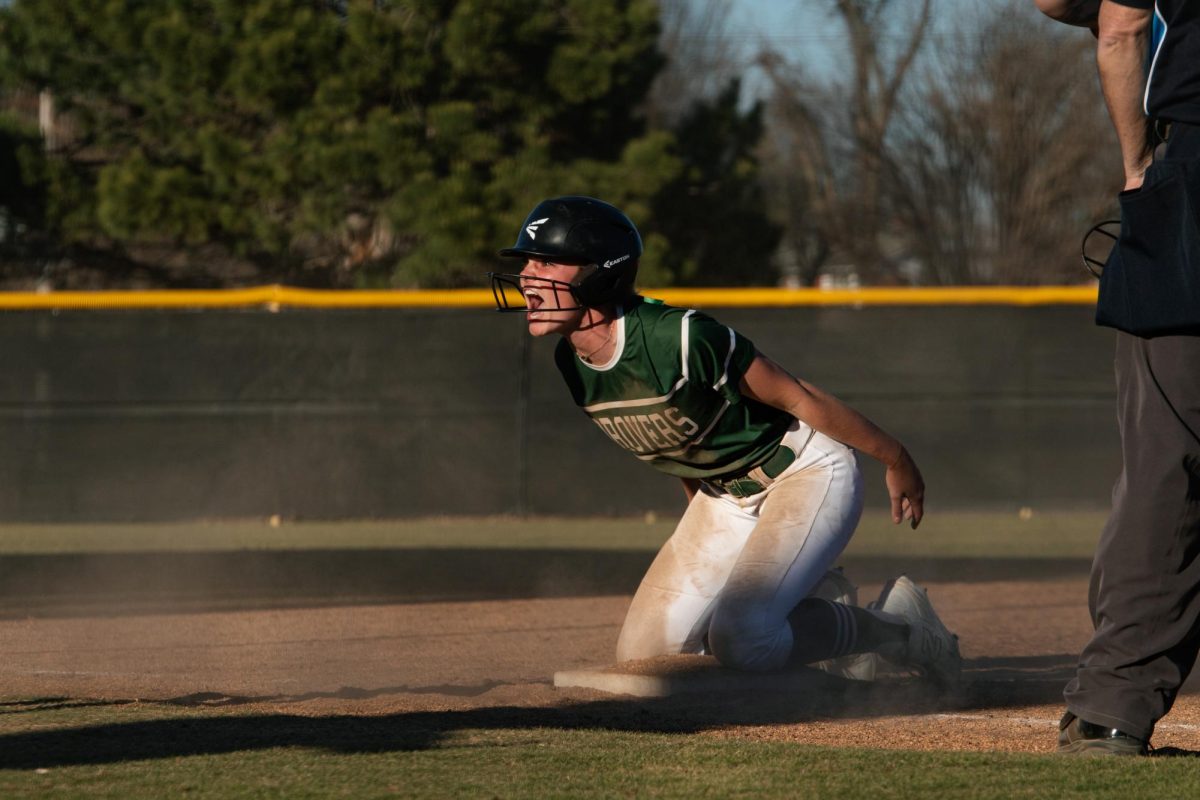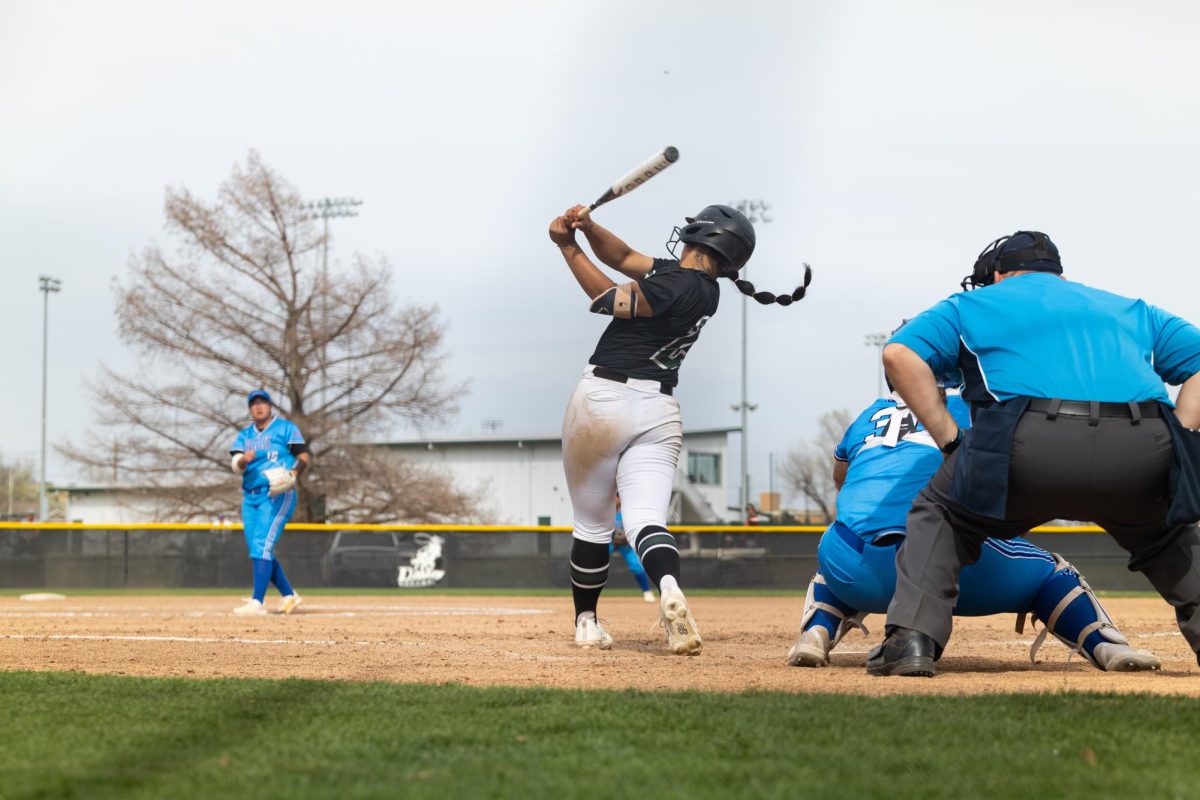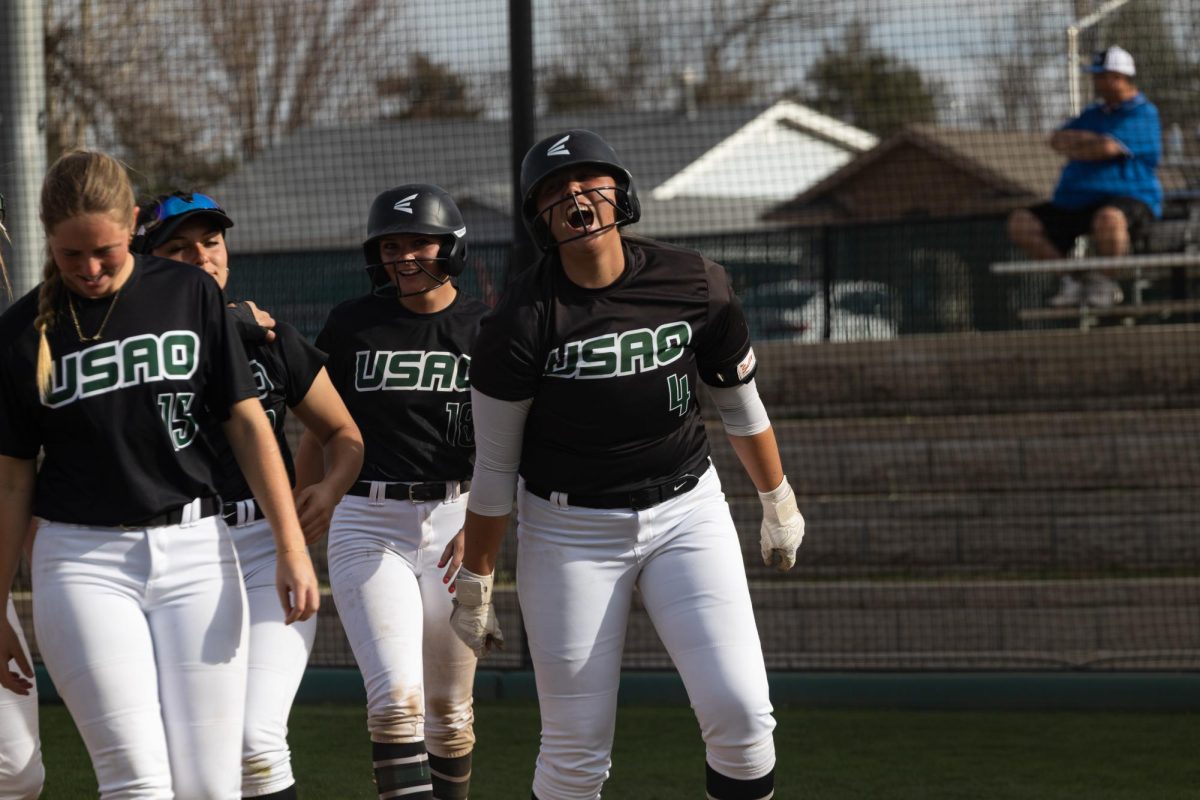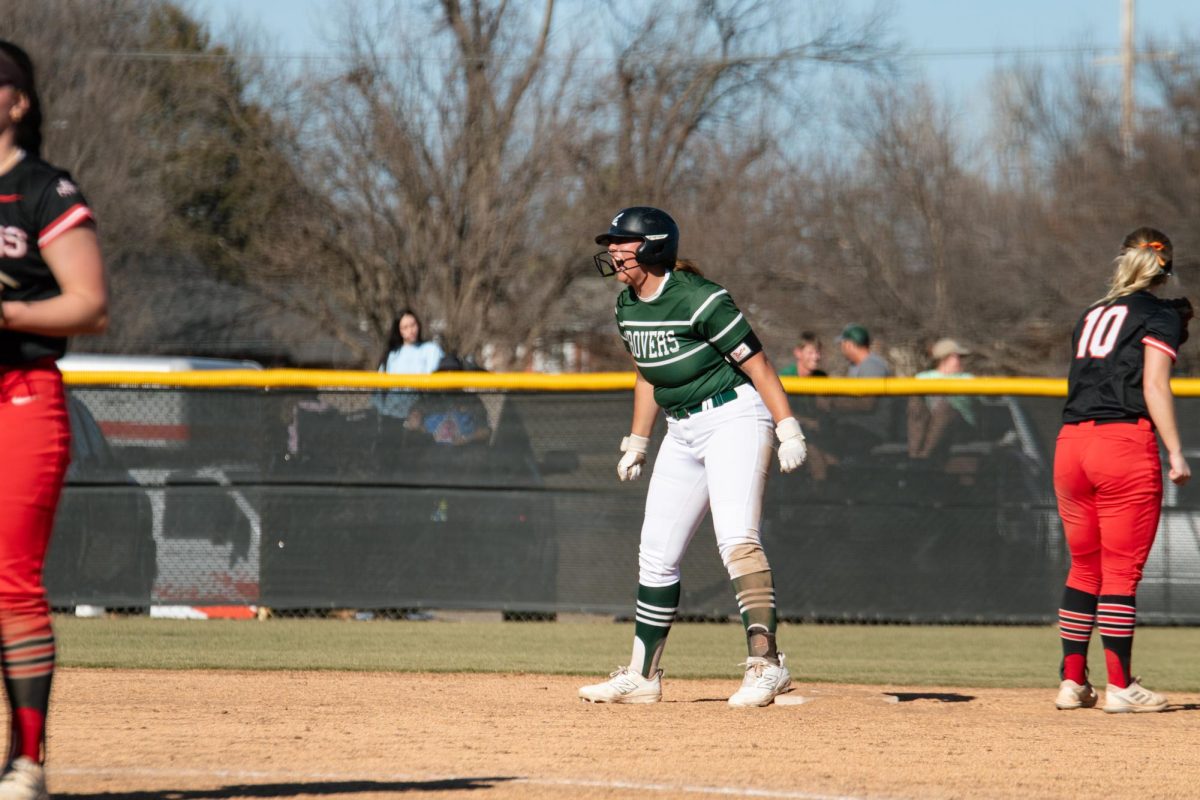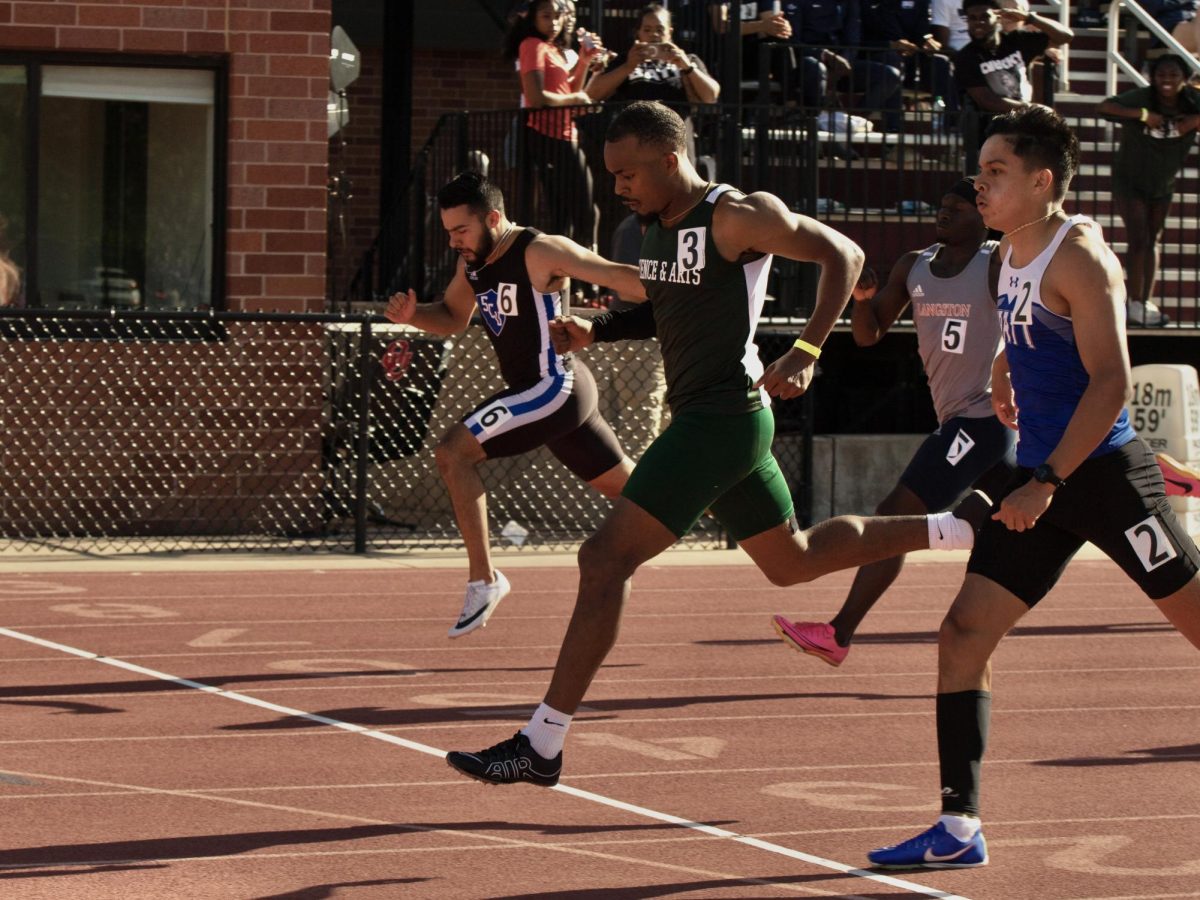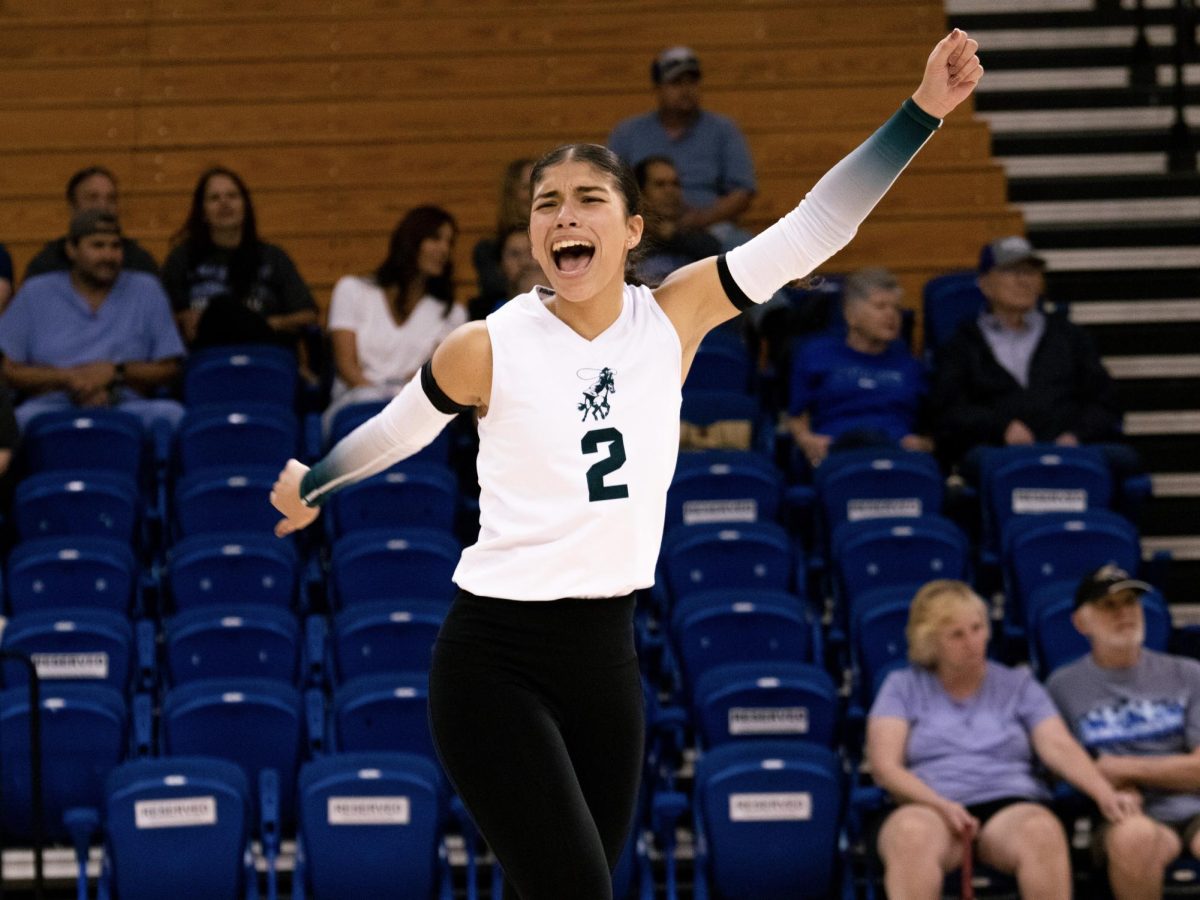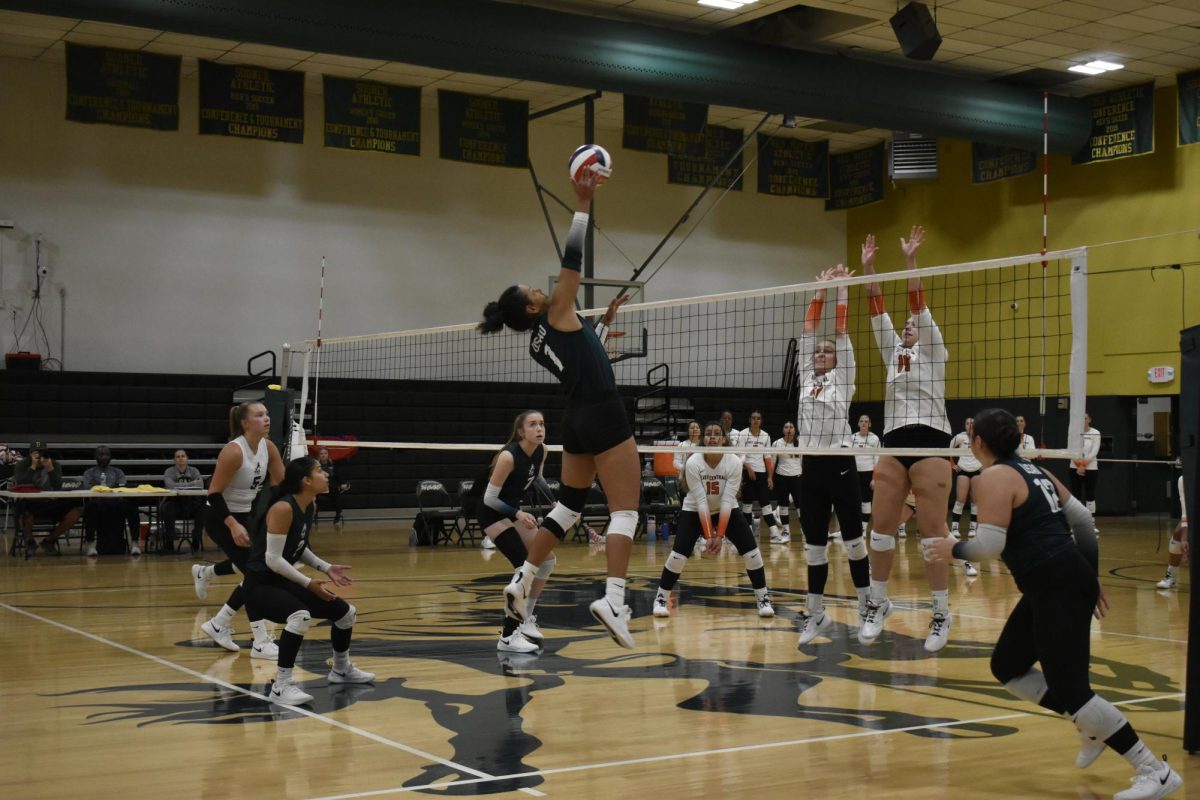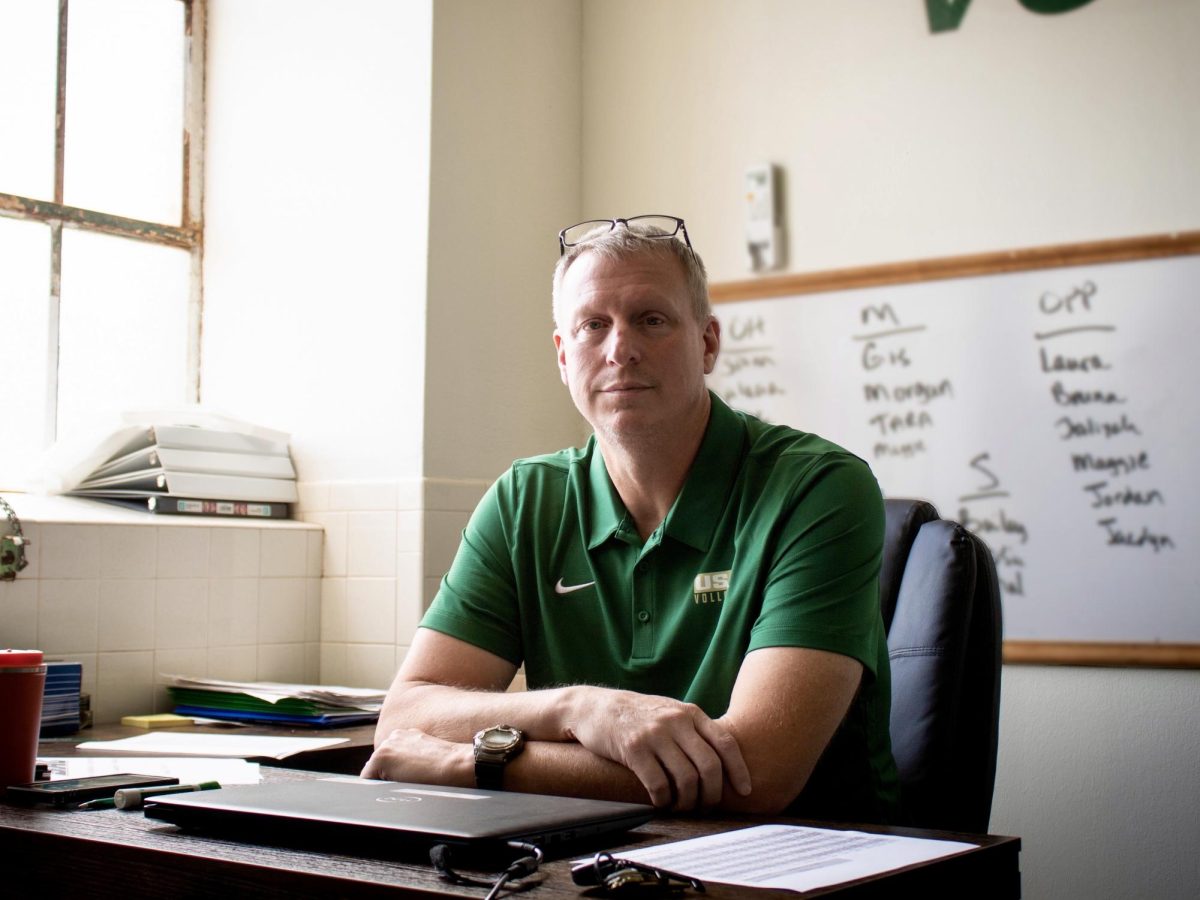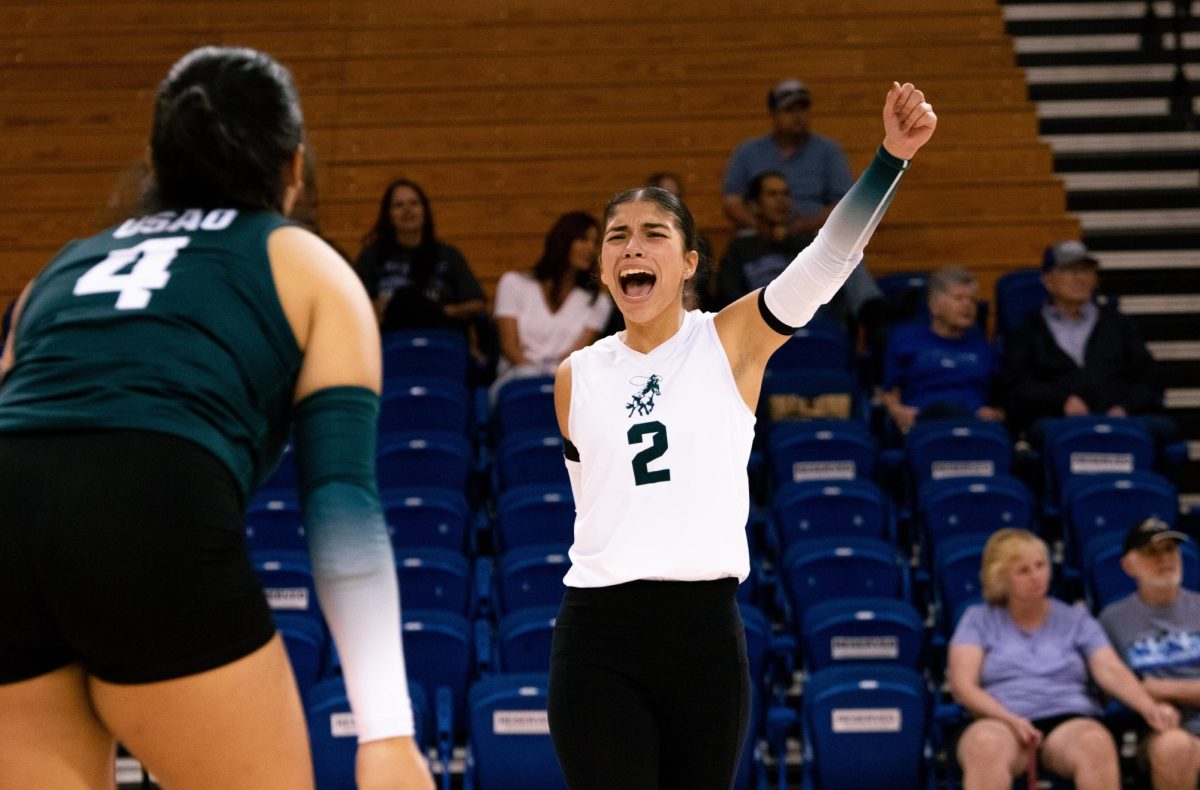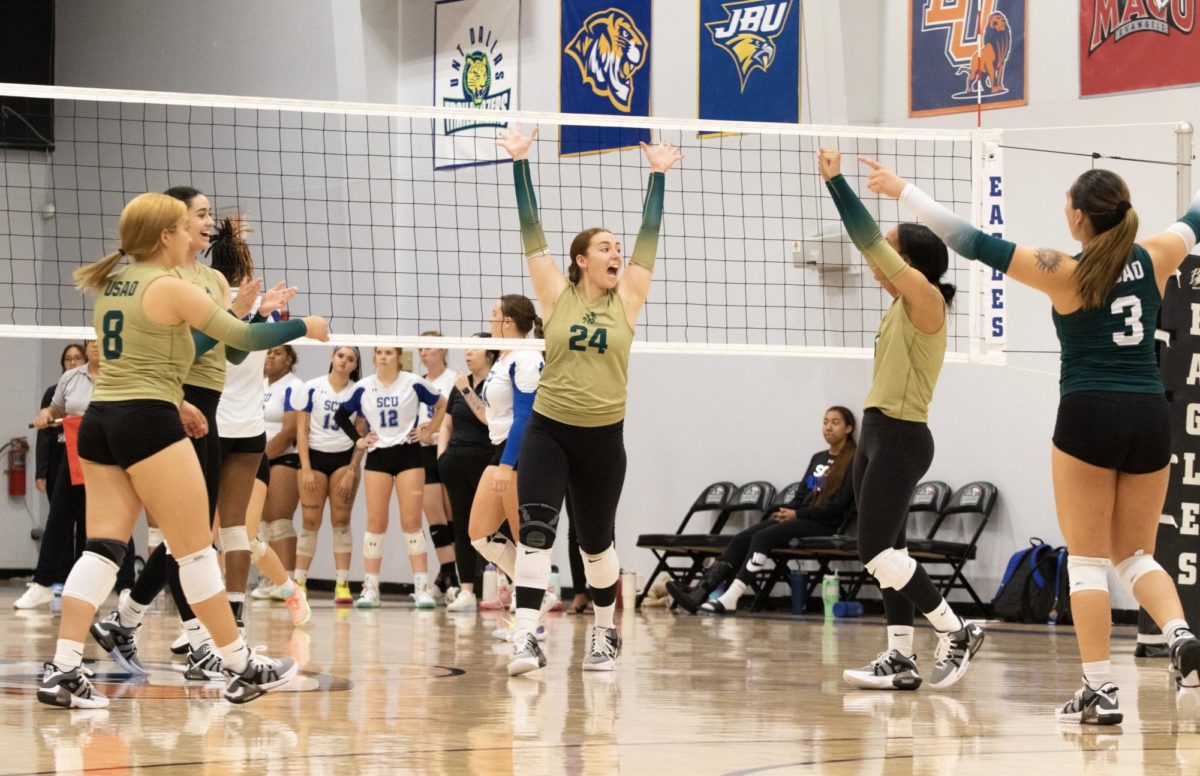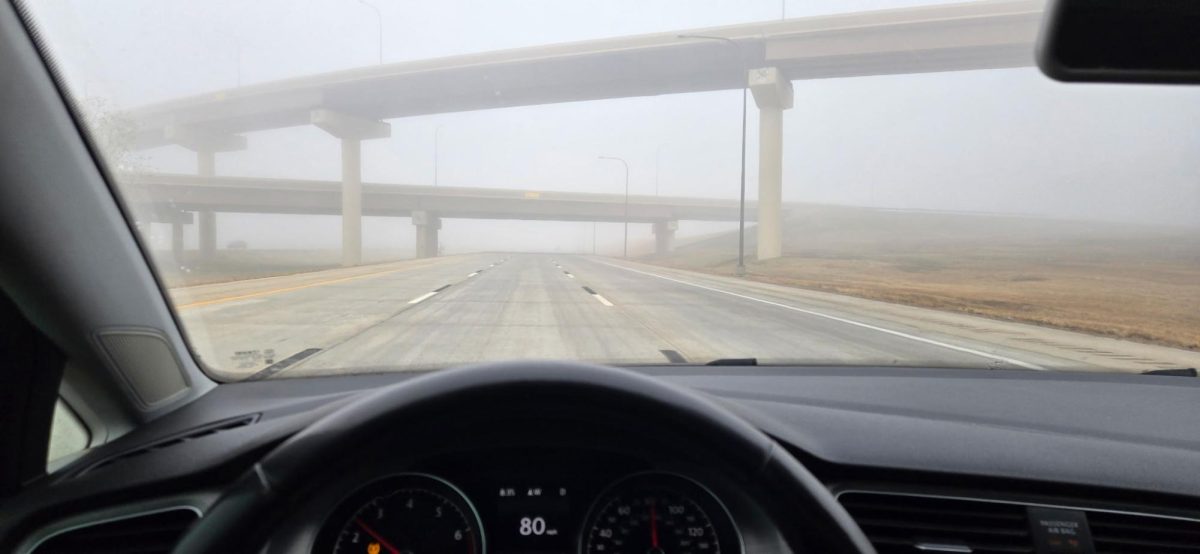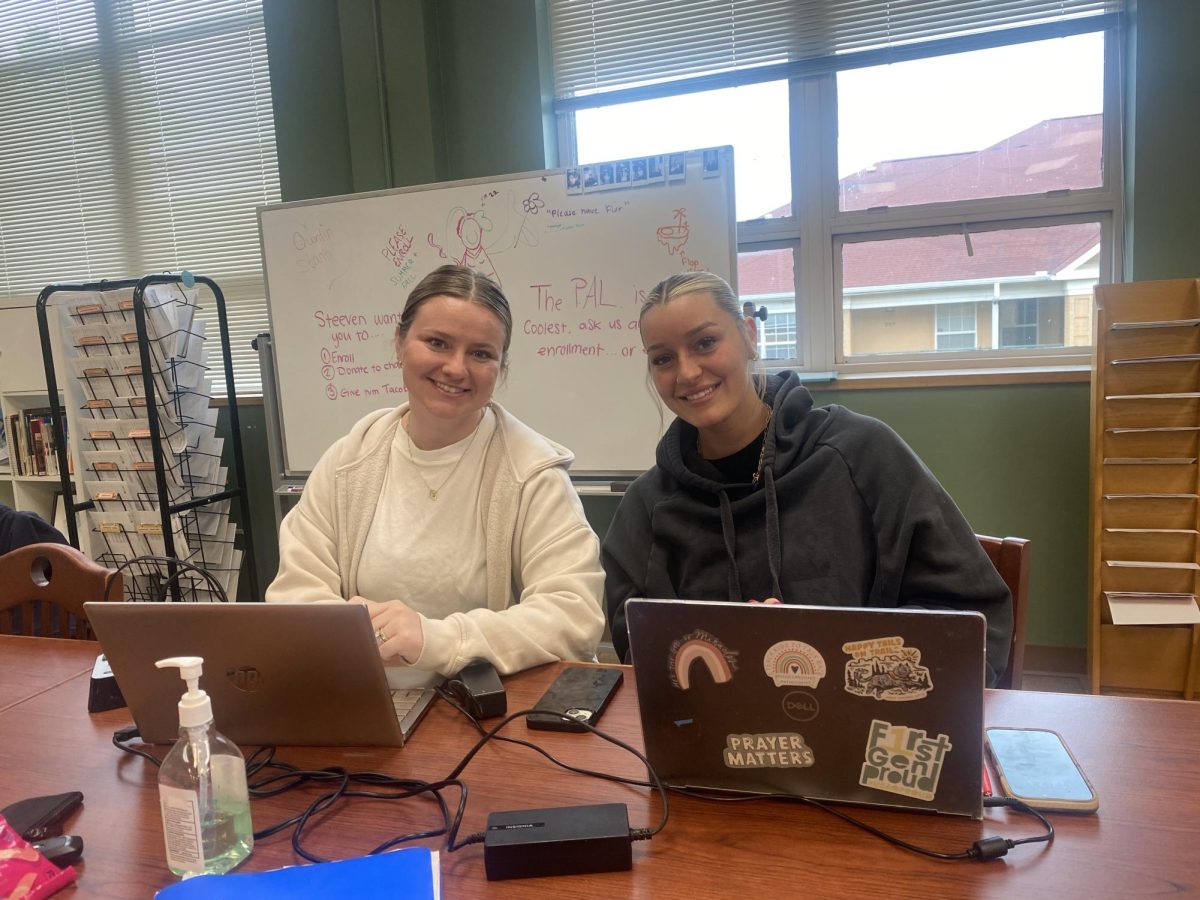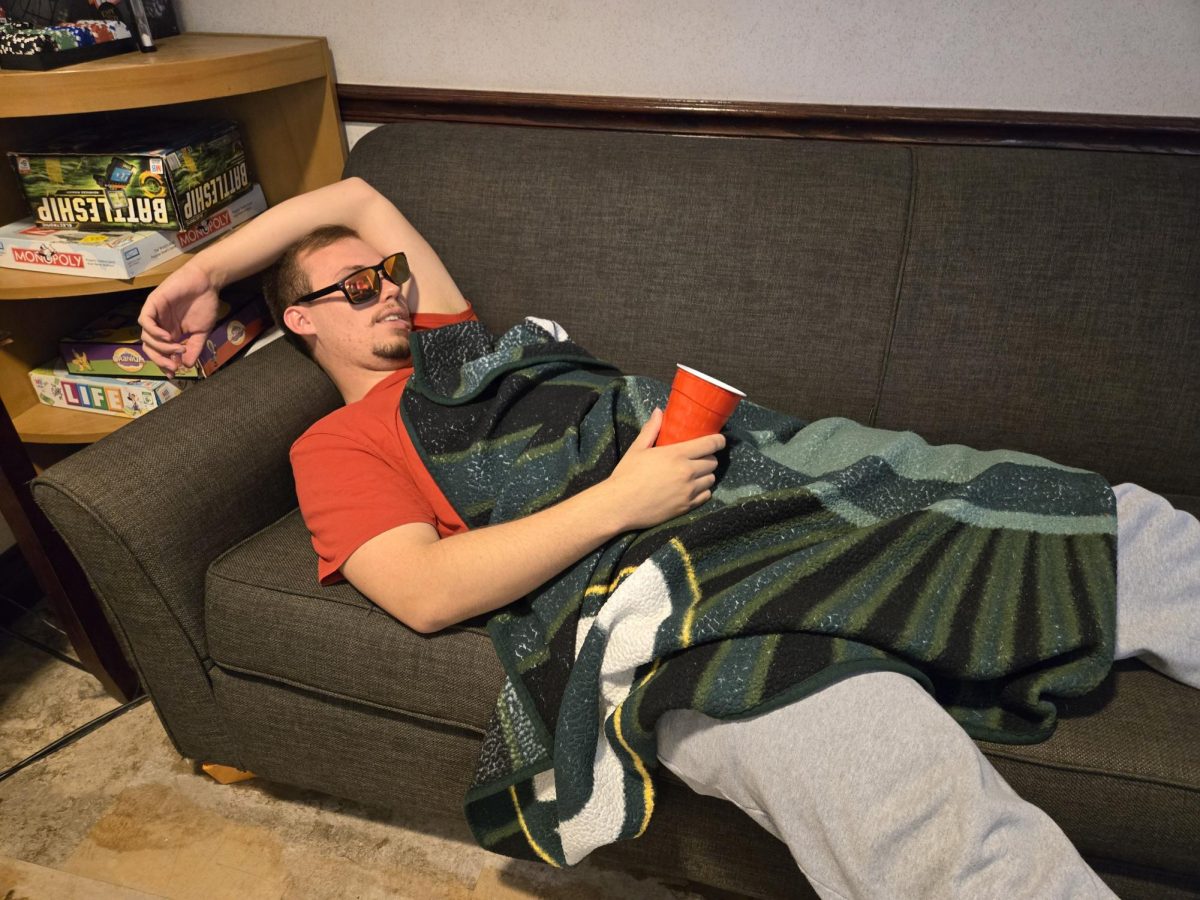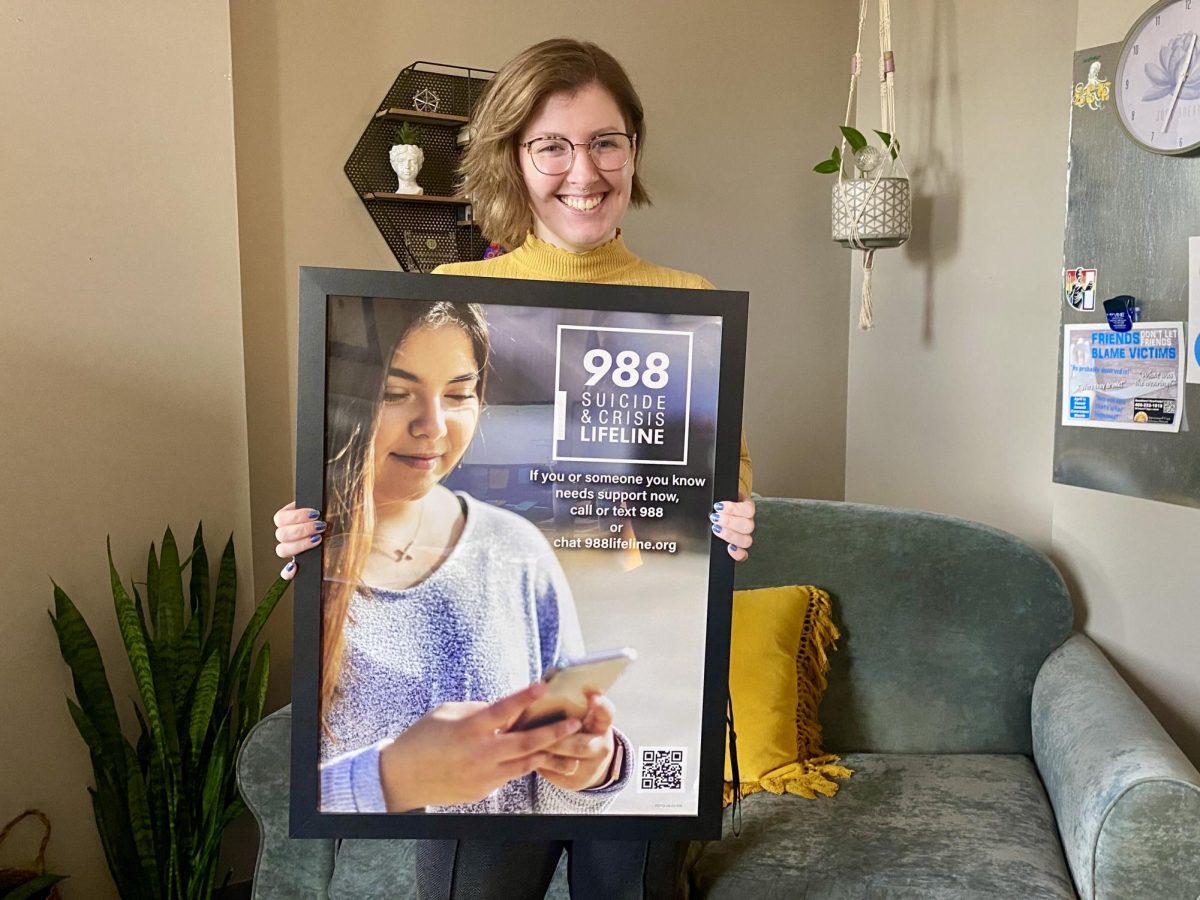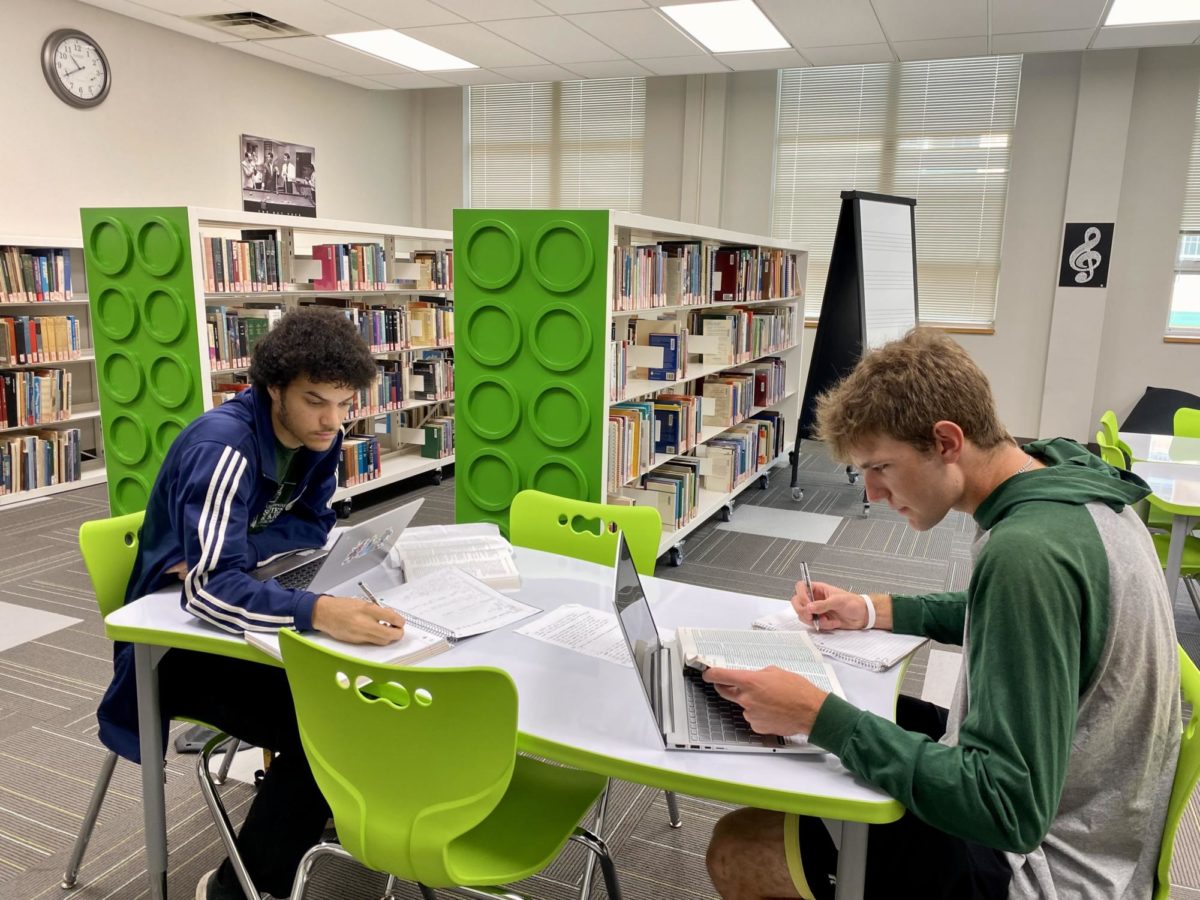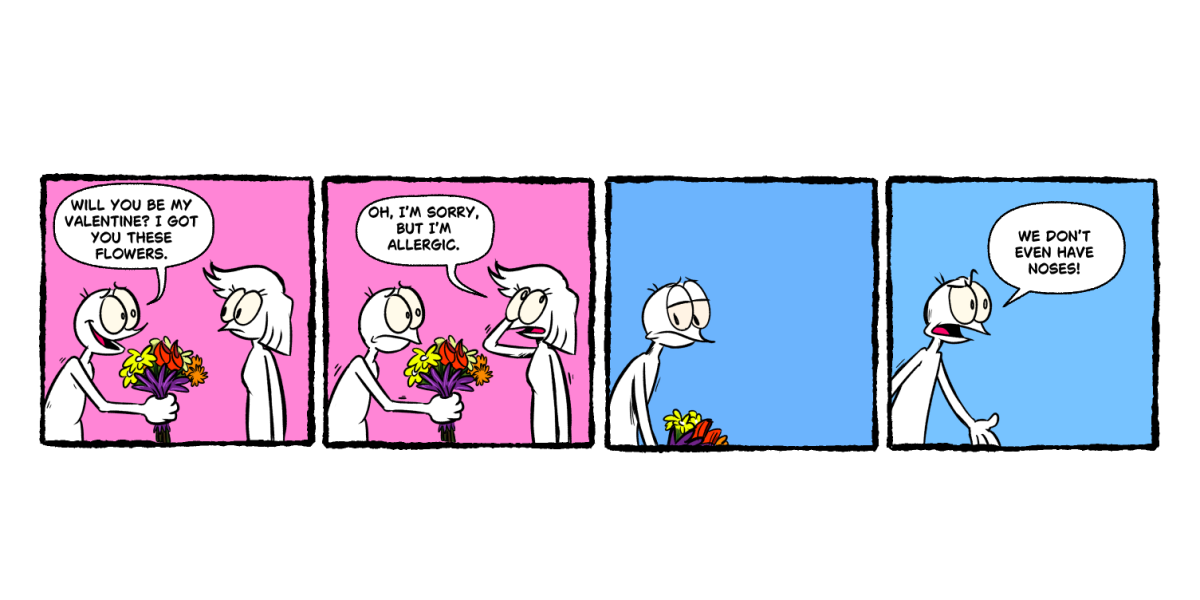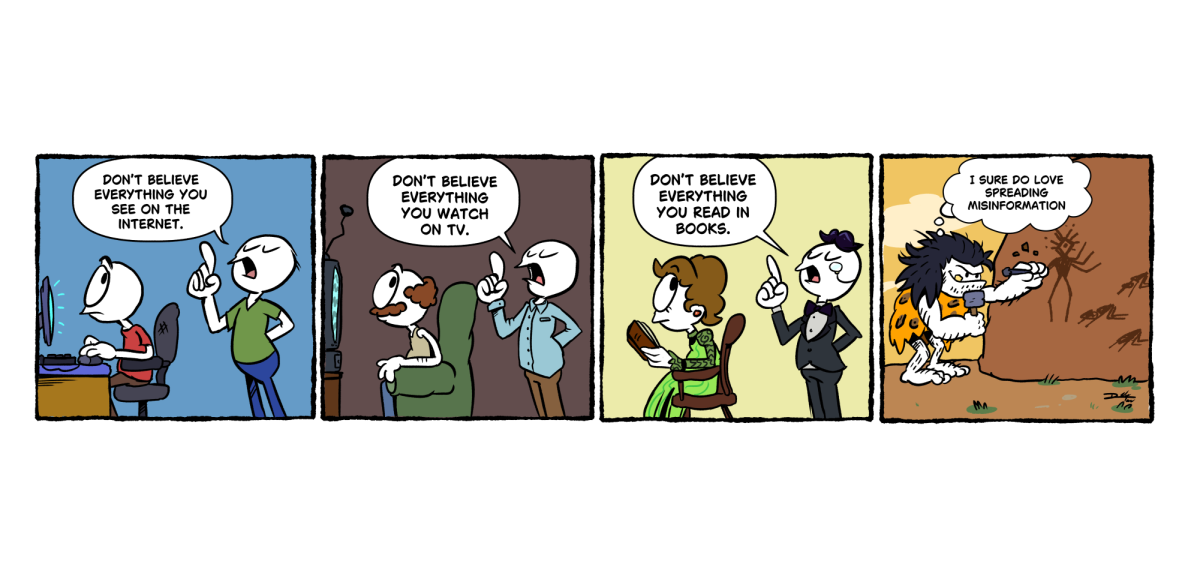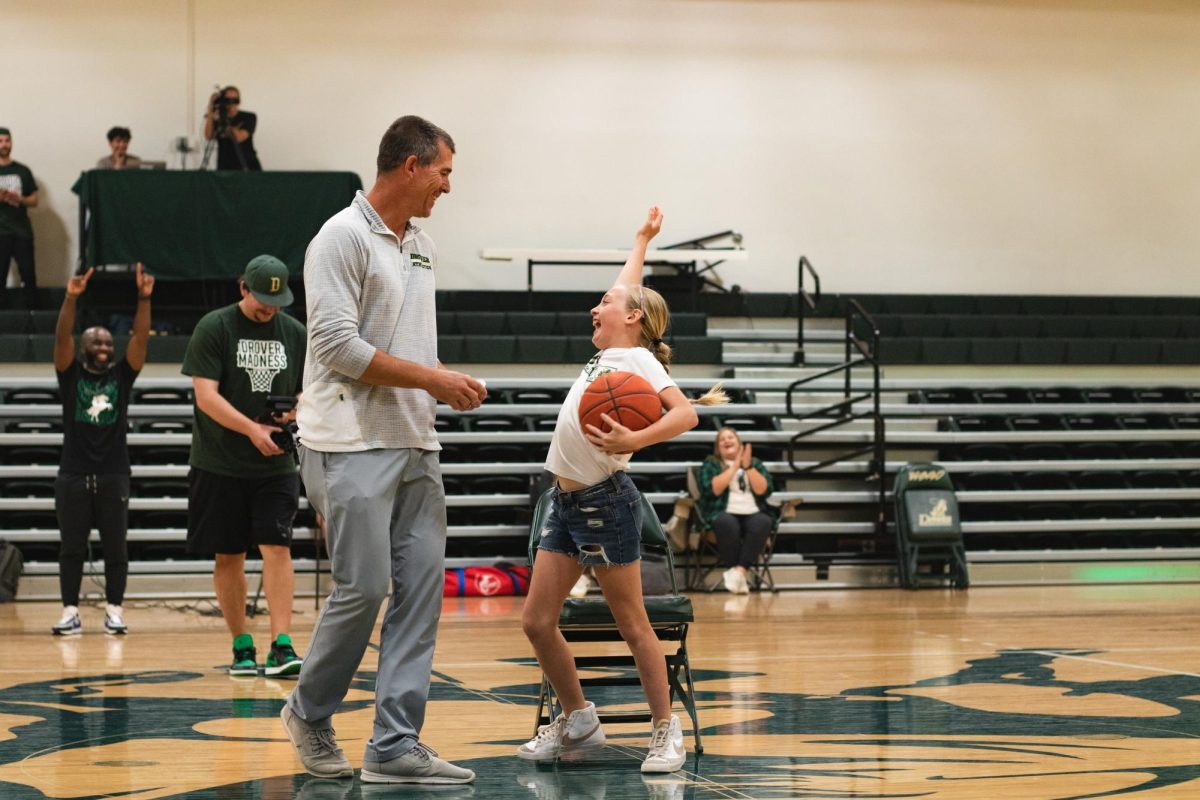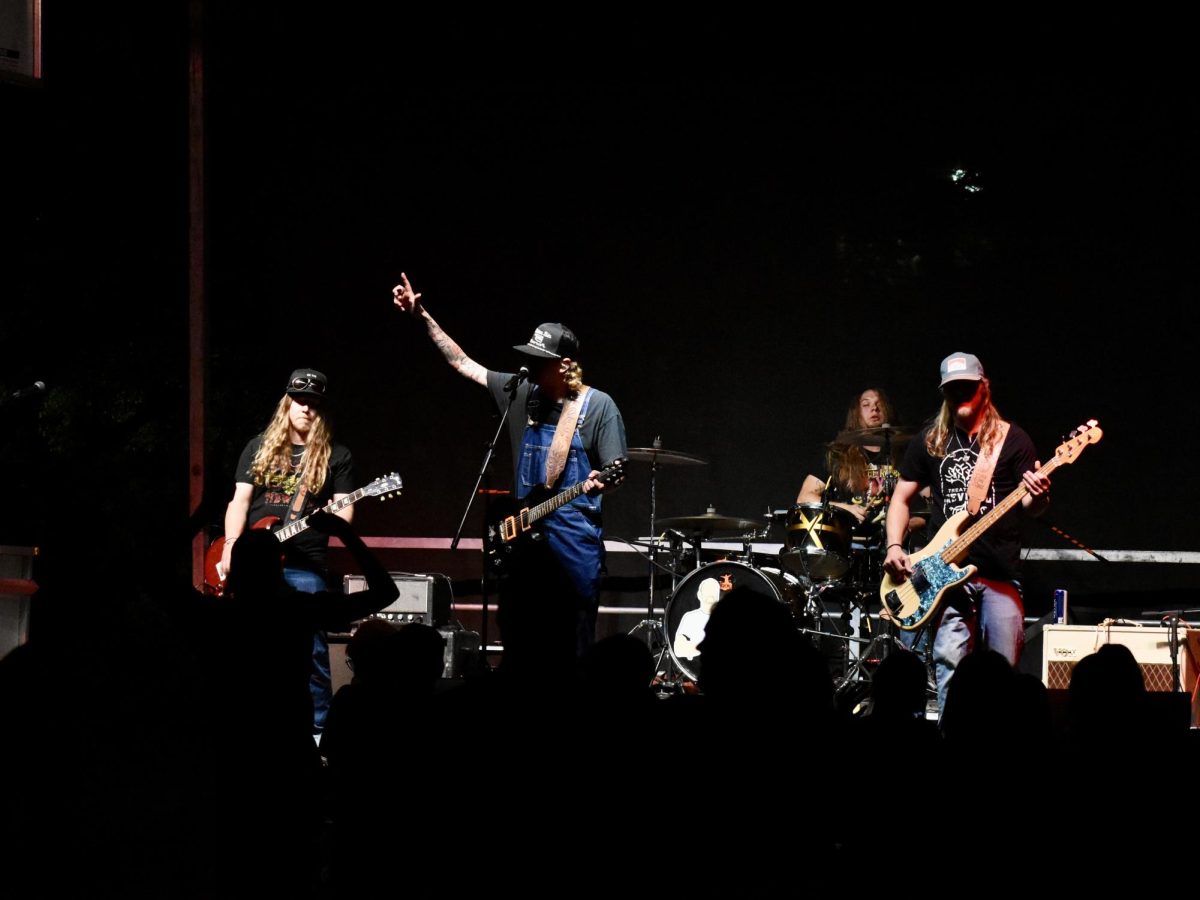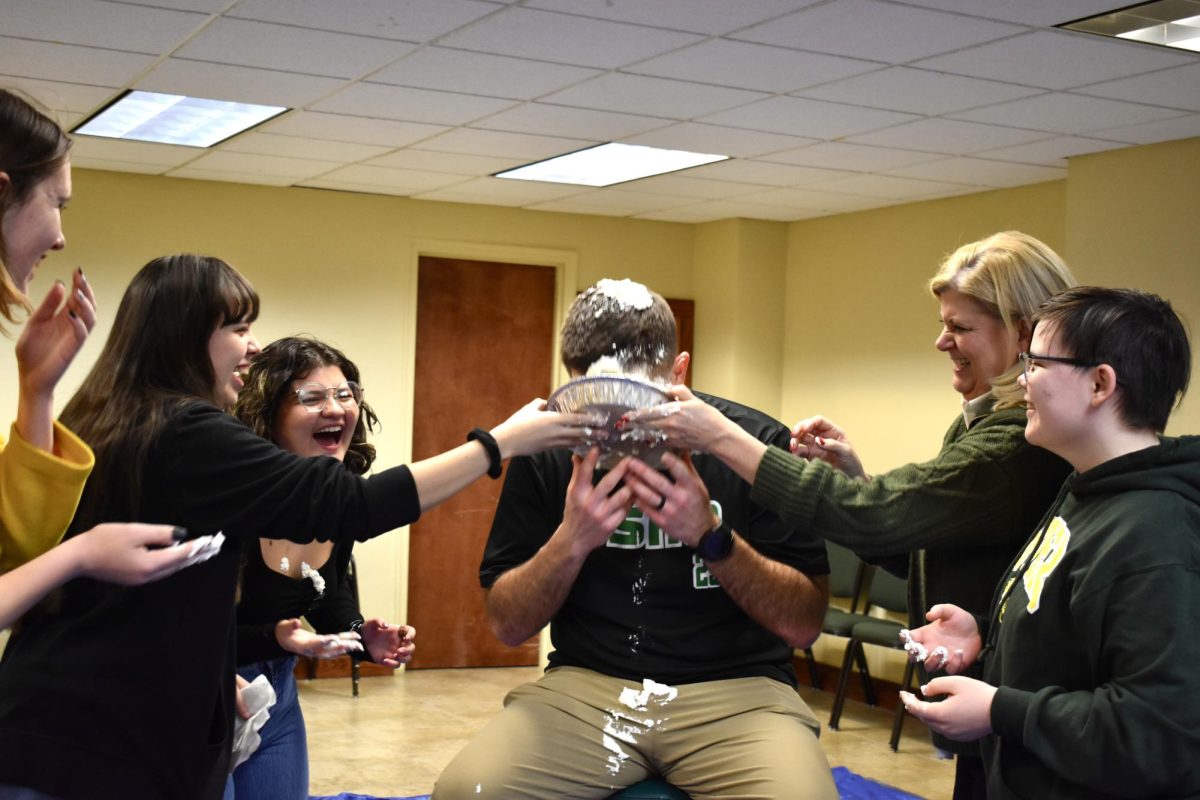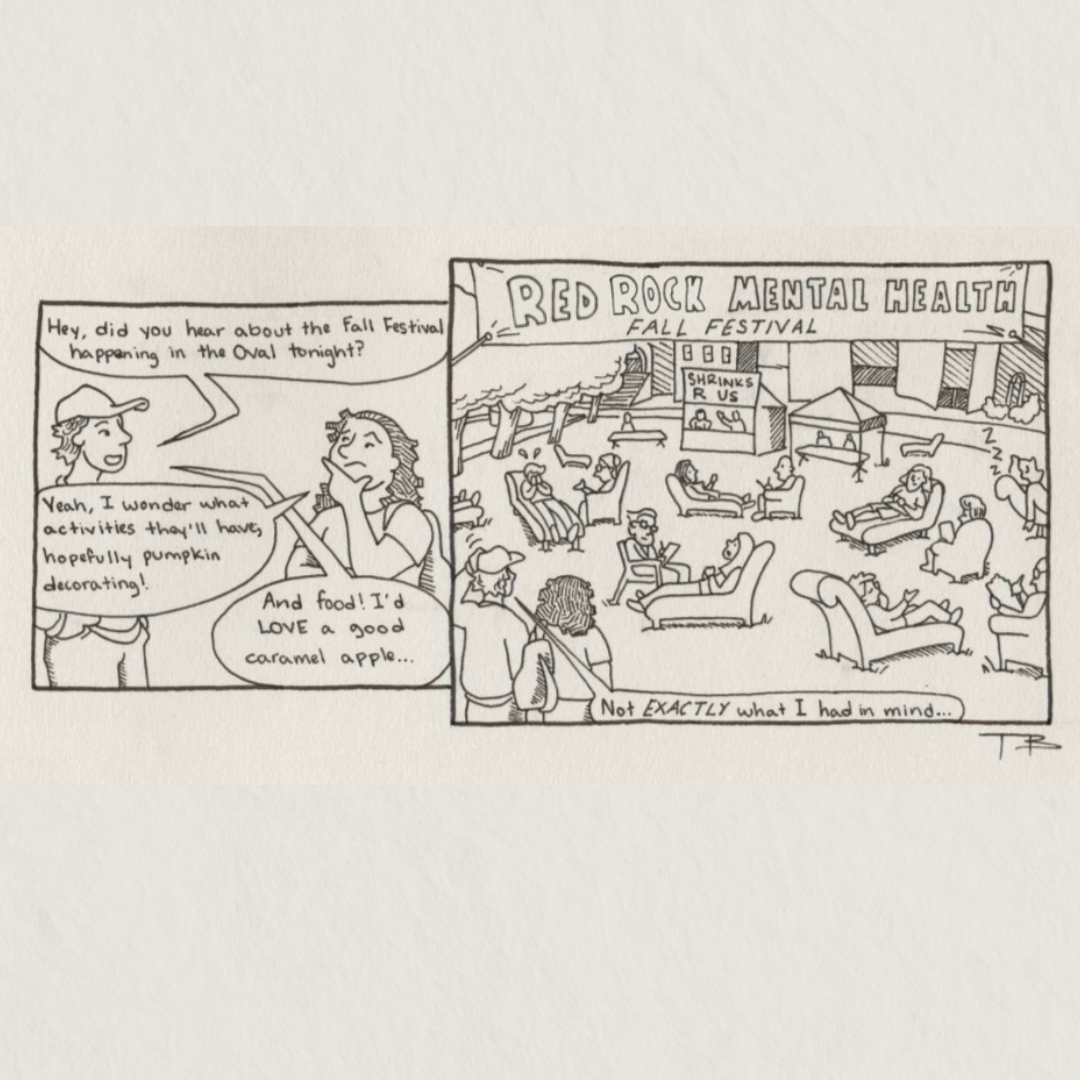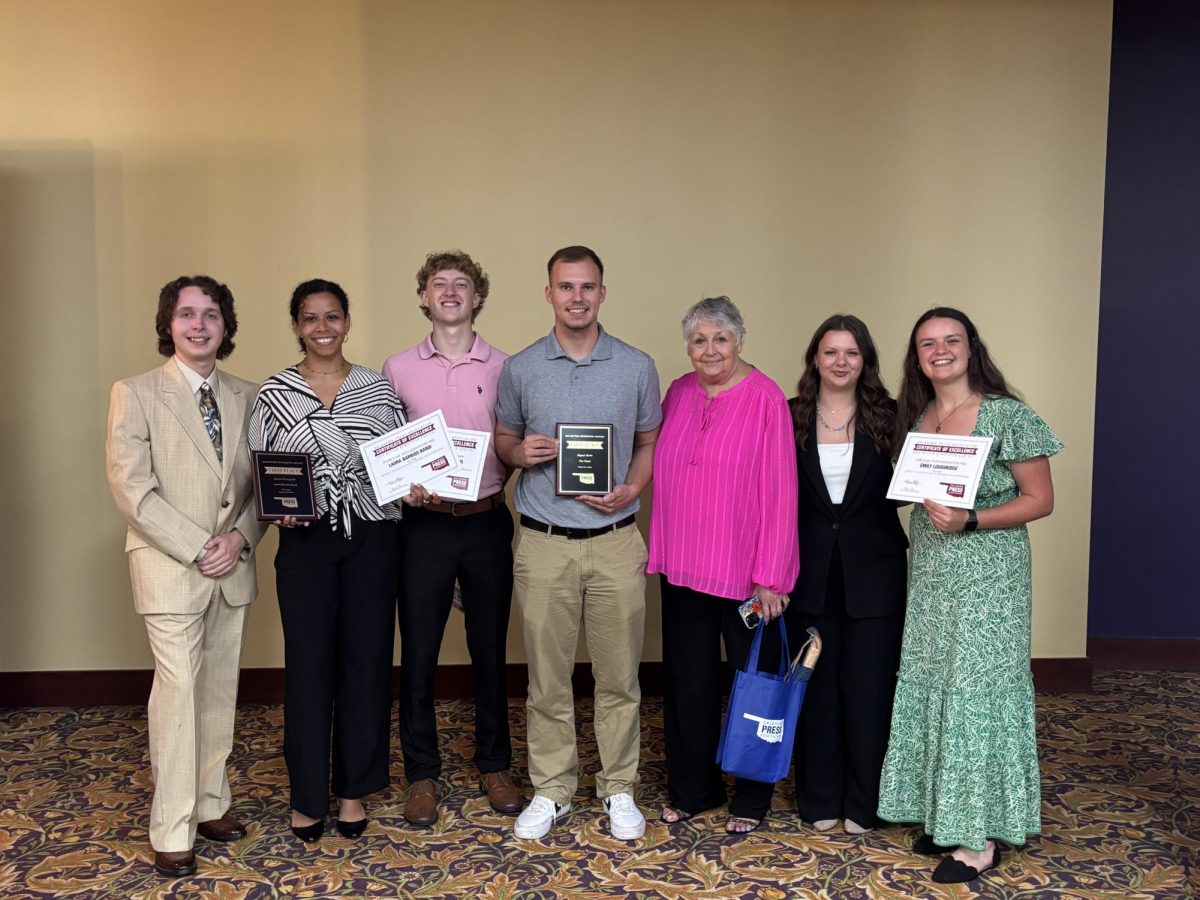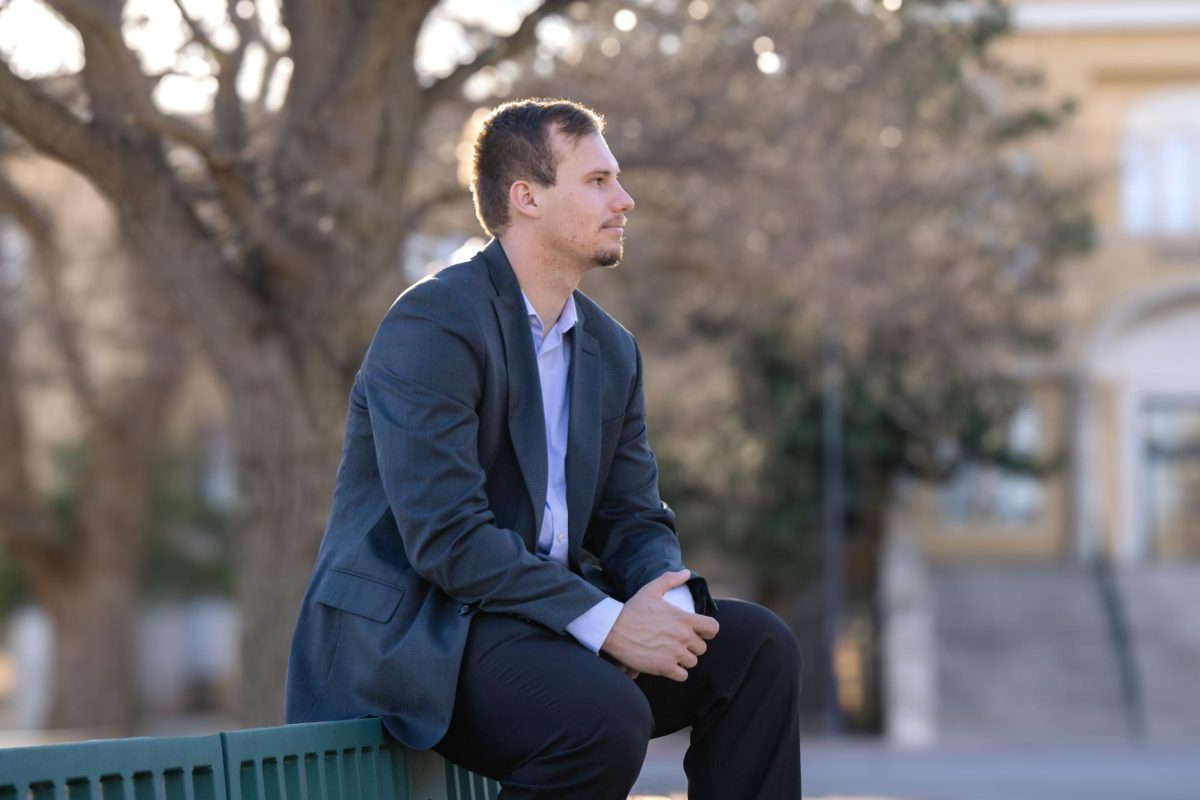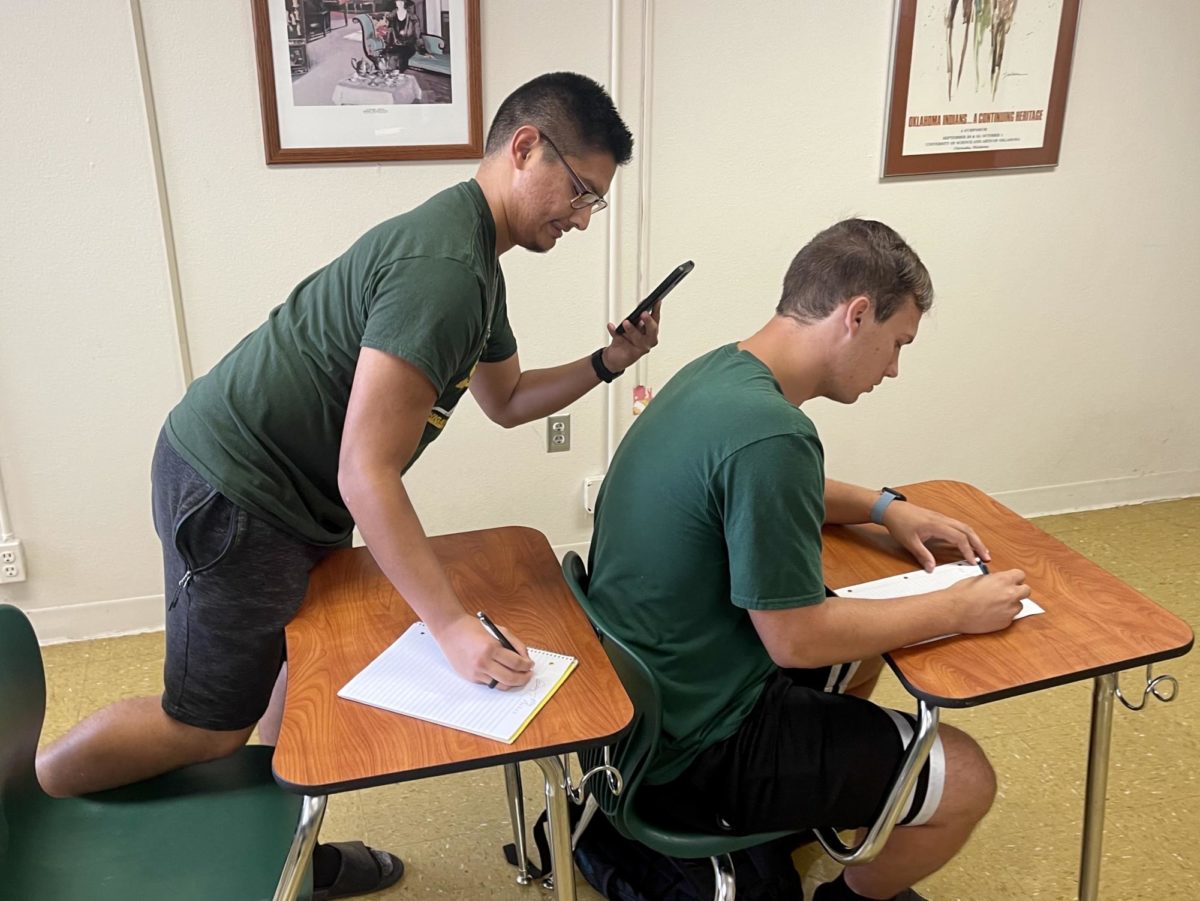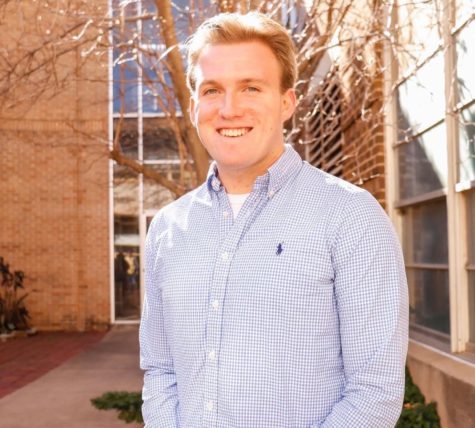With the fall 2023 trimester well underway, The Trend would like to remind USAO students about the dos and don’ts of academic integrity. This includes key definitions of academic dishonesty, consequences for those who breach the USAO’s code of conduct, and how you can stay on the honest side of academic integrity. Unfortunately, living in the presence of our “best friends” (these being Google, Chat GPT, and paraphrasing tools galore), there are far more grey areas to consider than there were decades ago and plagiarism is becoming increasingly difficult to catch. However, Turnitin.com, the most commonly used plagiarism checker at USAO, is not far from stopping it.
Plagiarism, defined as doing someone’s work without giving them credit for it, can include taking chunks of texts from other sources and turning them in as your work as well as the use of paraphrasing tools to rephrase someone else’s ideas. Surprisingly for many, you can even plagiarize yourself if you don’t cite text from a previously written paper. Fabrication is inventing false sources, graphs, or statistics without any existing research while cheating is submitting work that isn’t yours. Whether it was copied from somewhere or work that was completed by someone else. Lastly, forgery is signing something without the authorization of that person. In academia, it’s when official school records of any kind are tampered with.
Every year, the university has an Academic Integrity Committee filled with selected staff, faculty members, and students. One of their primary functions is to investigate, hear, and sanction those who breach the academic code of conduct. The current penalties for academic dishonesty (found in the university’s policy) are an “F” on an assignment, an “F” in the course, suspension from the university (usually for one trimester) with a note on your transcript saying you were suspended for academic dishonesty, or even expulsion from the university with a notation on your transcript saying you were expelled for academic dishonesty. Expulsion means you cannot return to USAO. The 2023-2024 committee is yet to be formed.
While academic dishonesty seems self-explanatory. Here are some tips for staying out of trouble.
Do:
- Trust your ability and maintain honesty when completing all assignments
- Cite any work that isn’t your own including work that is paraphrased
- Ask your professor or instructor questions if you are unsure what is not acceptable in an assignment
- Use quotation marks when you directly quote someone else’s work and if you paraphrased it then still give credit
- Make yourself fully aware of the university’s policies on USAO’s website
Don’t:
- Use Chat GPT or any online paraphrasing tool for assignments unless instructed otherwise by the professor or instructor
- Give another student answers to their assignments or allow someone to do yours for you
- Reuse and submit your past work as new work without citing yourself
- Invent sources, graphs, or statistics with no existing supporting evidence
- Use any notes, electronic devices, or calculators during exams unless instructed otherwise by the professor or instructor
Harry Cracknell is a third-year communication major at the University of Science and Arts of Oklahoma.



